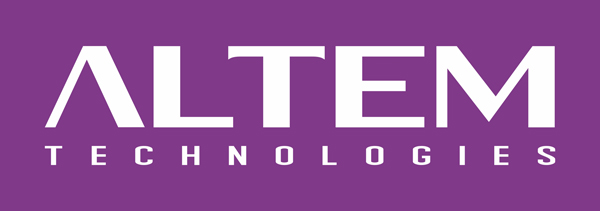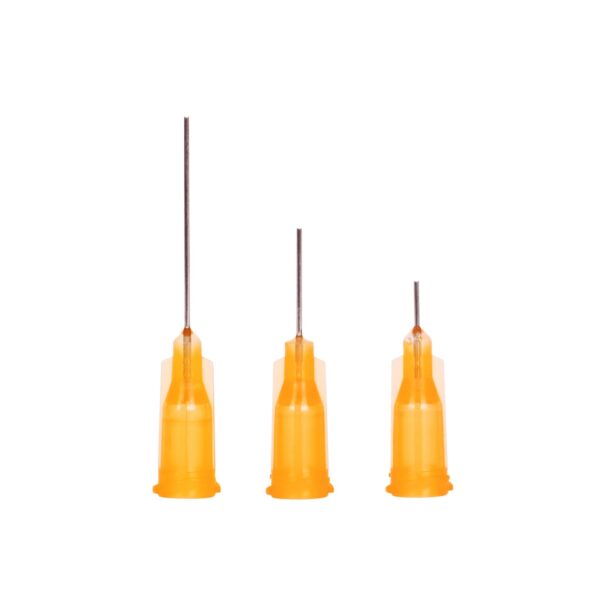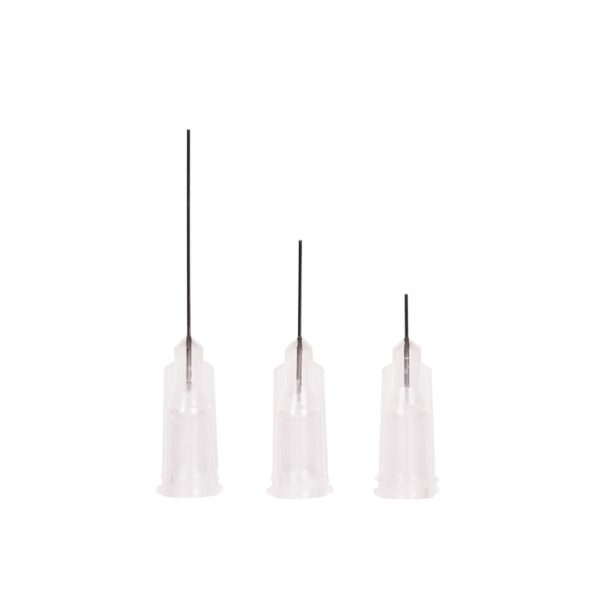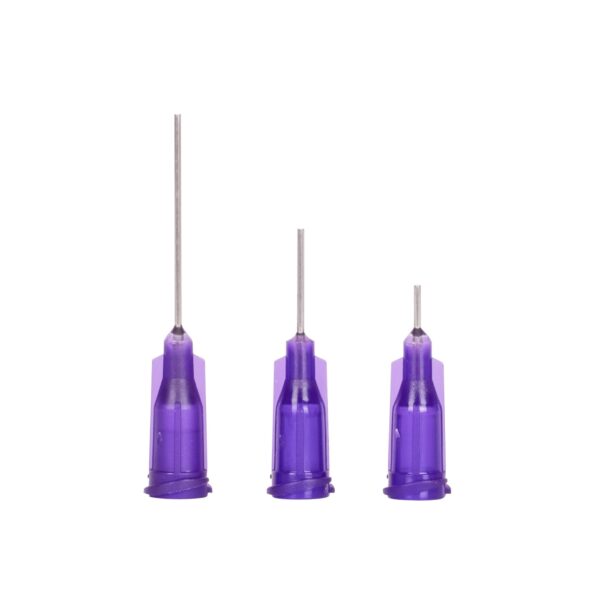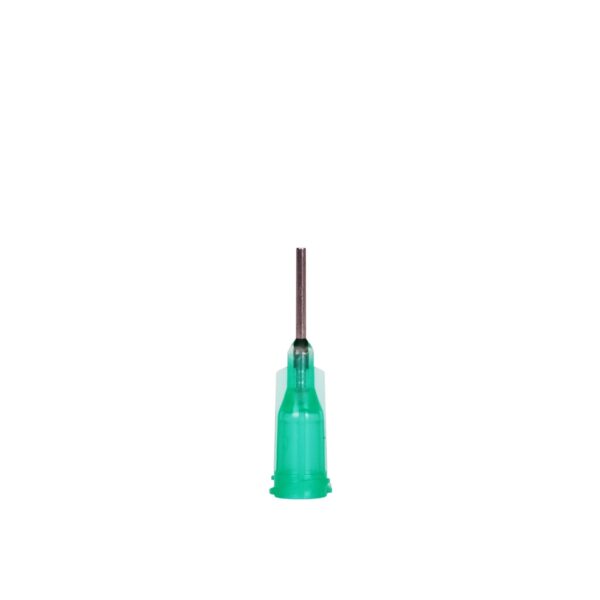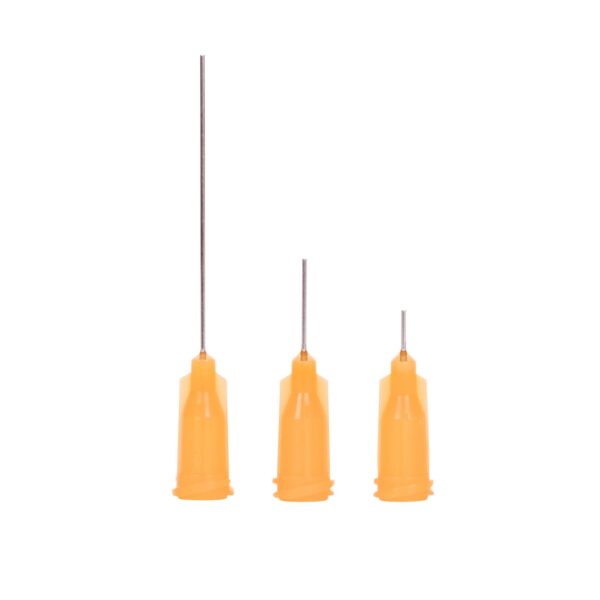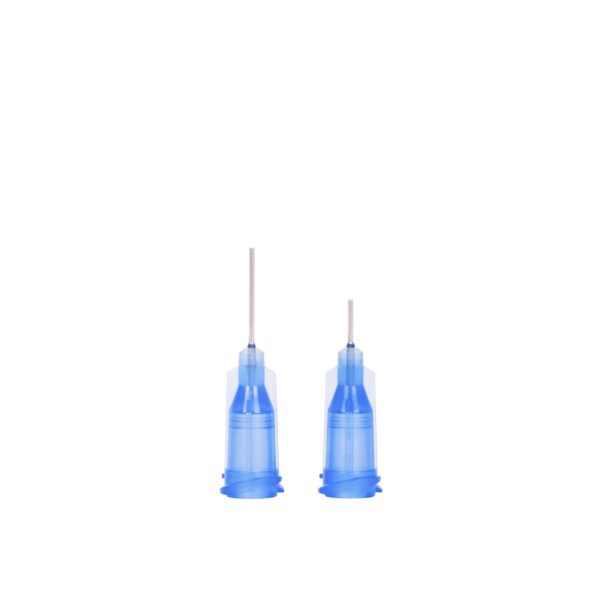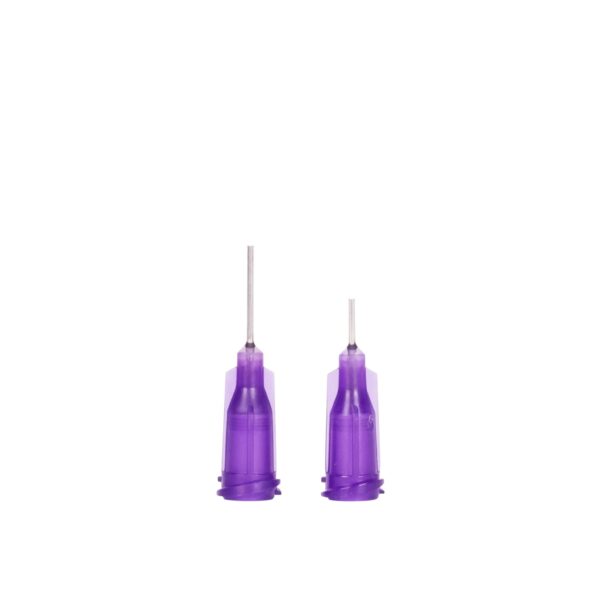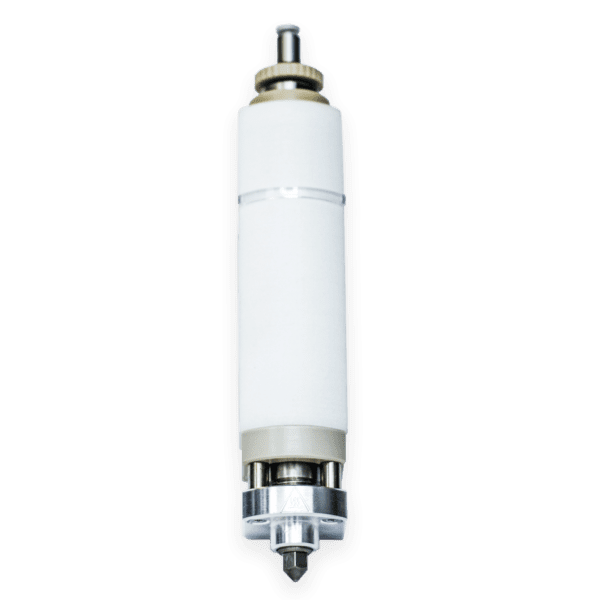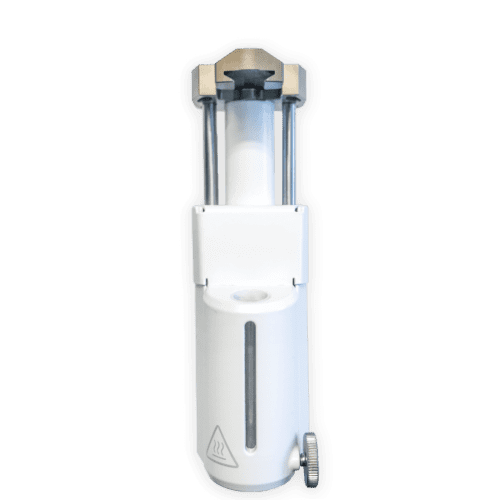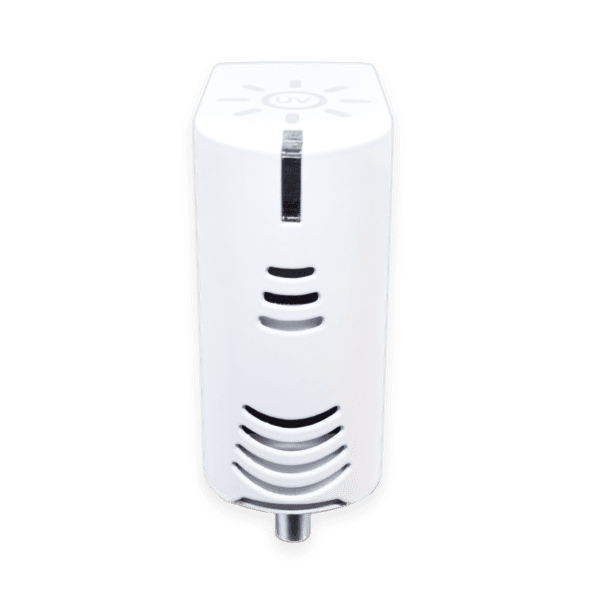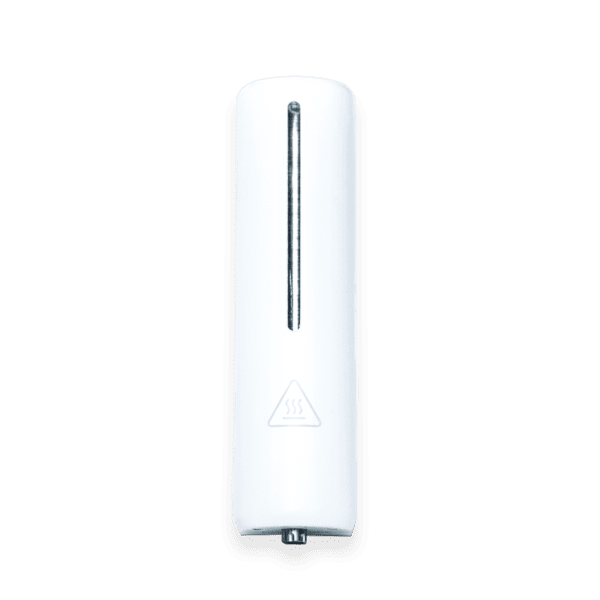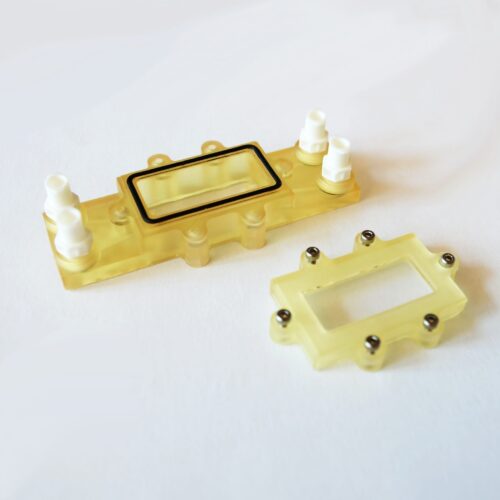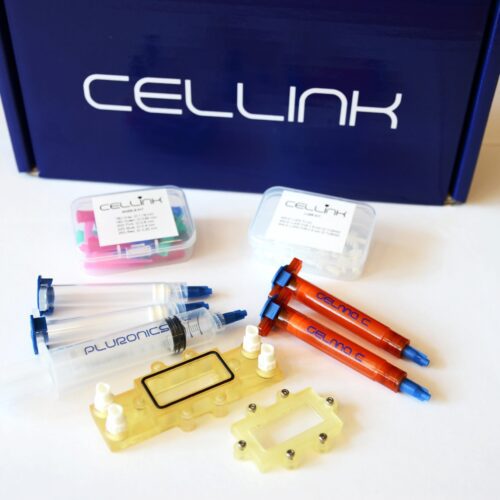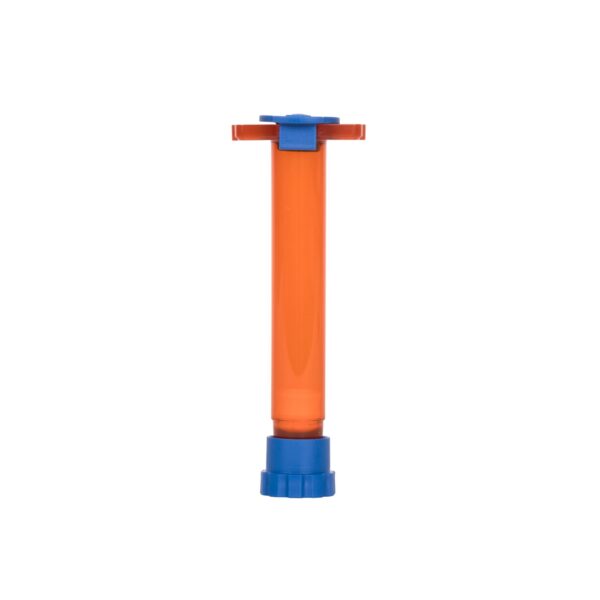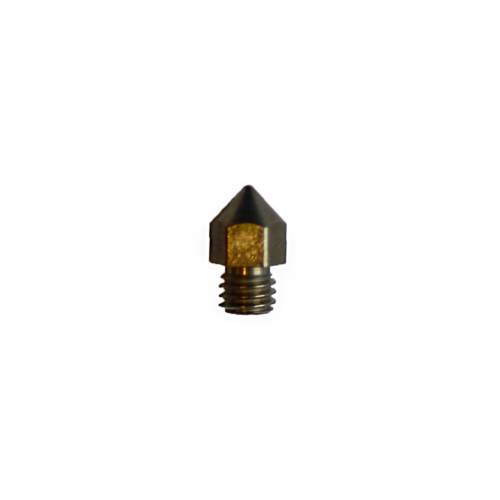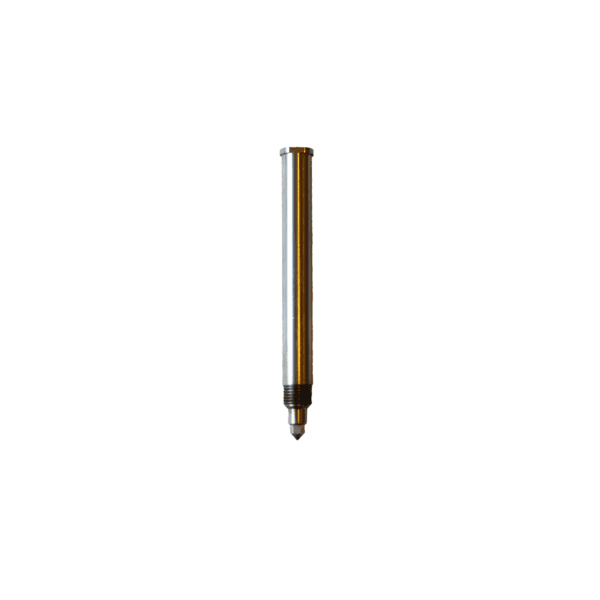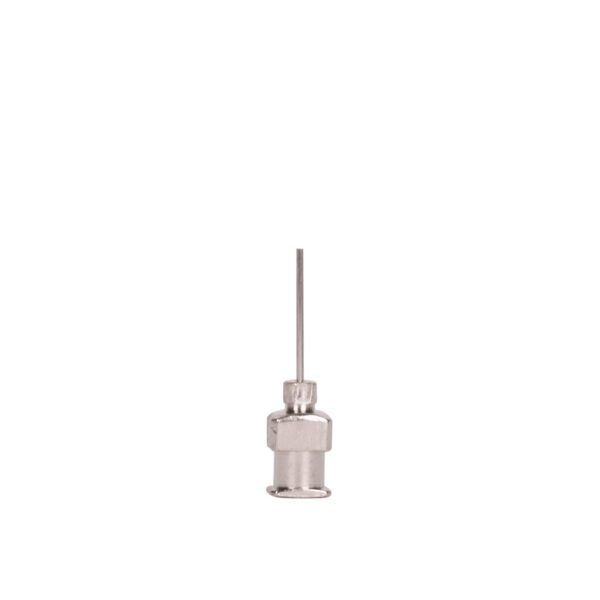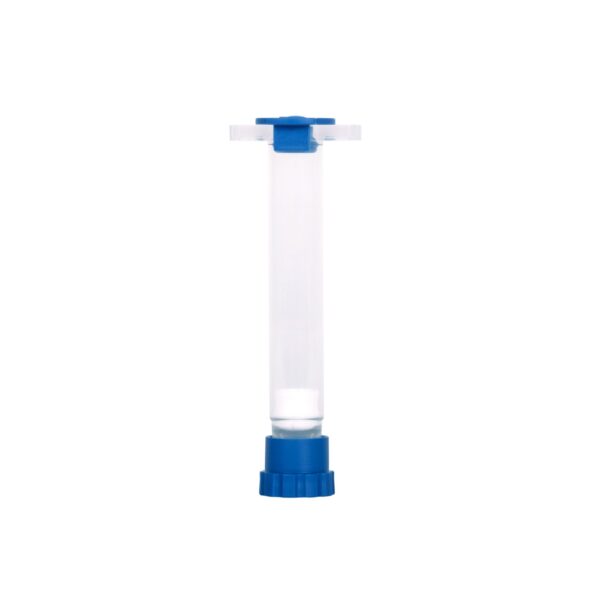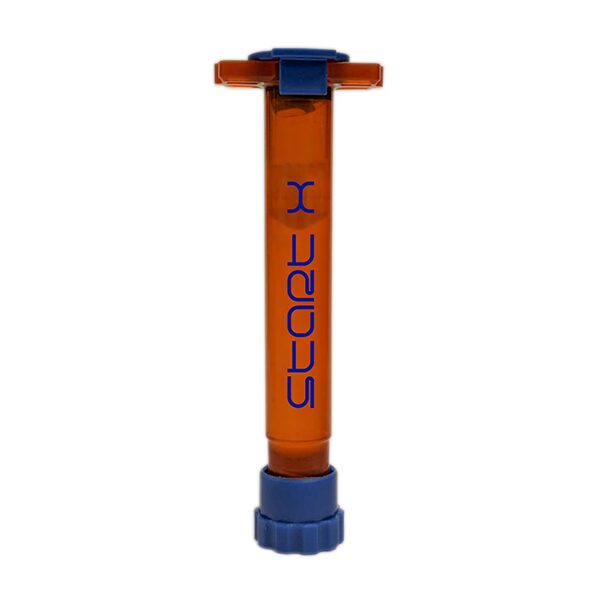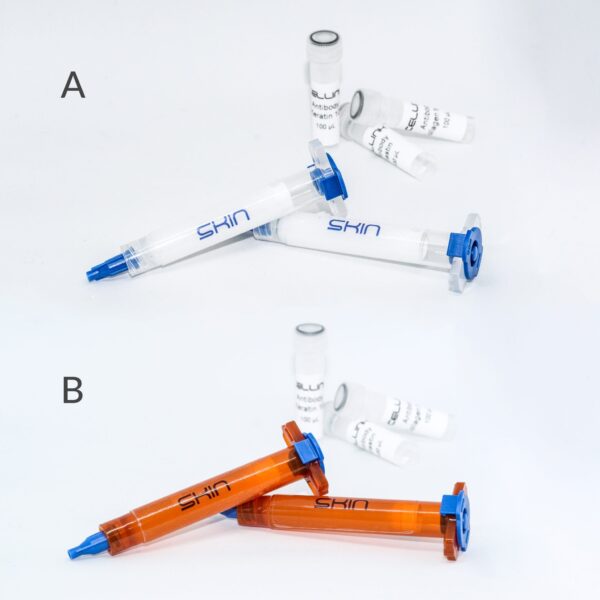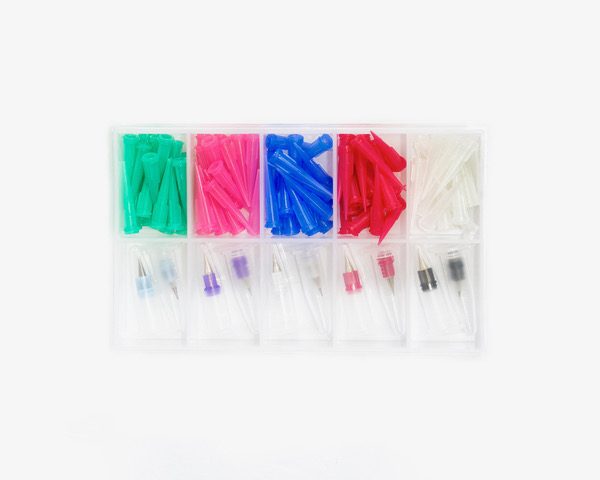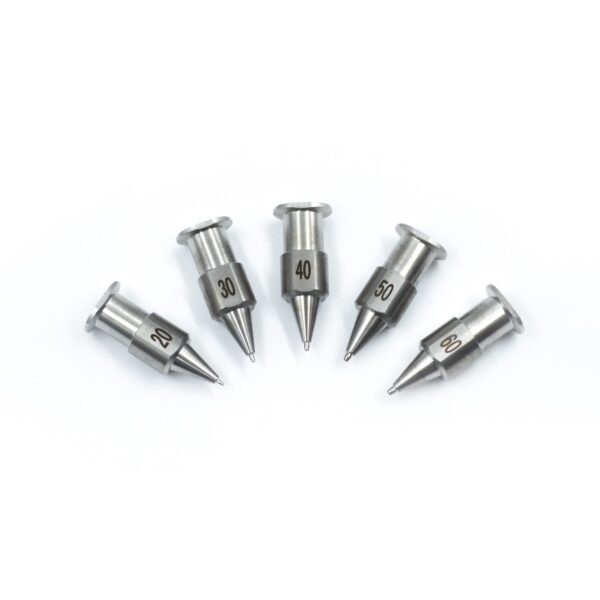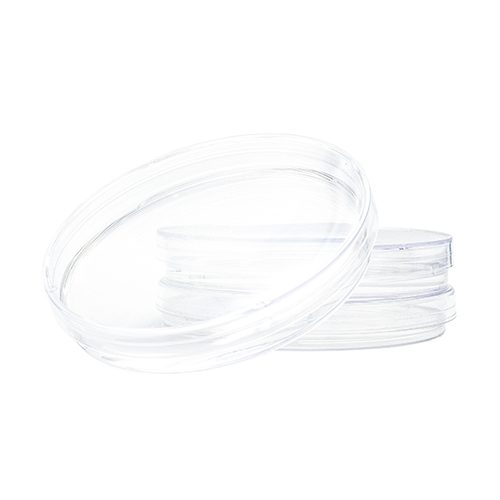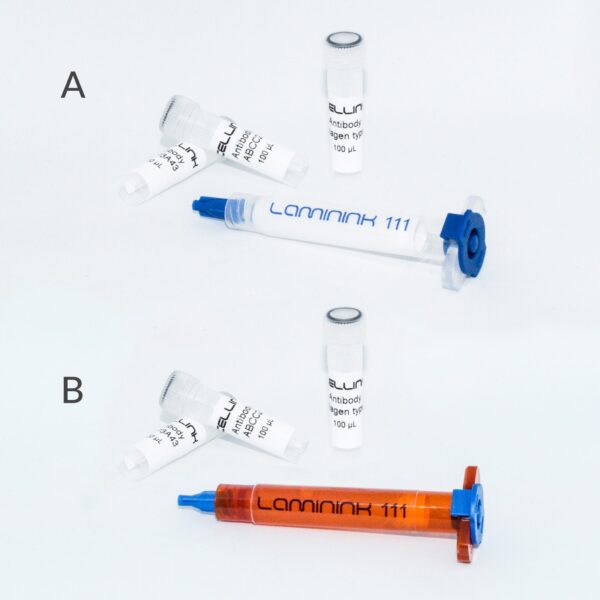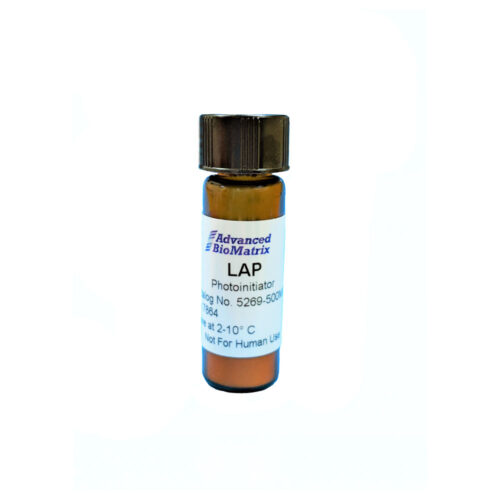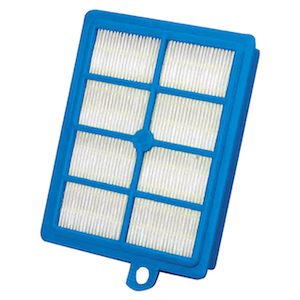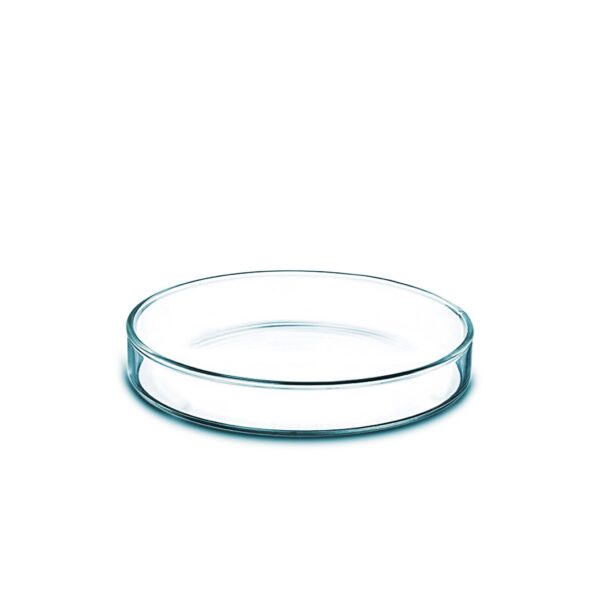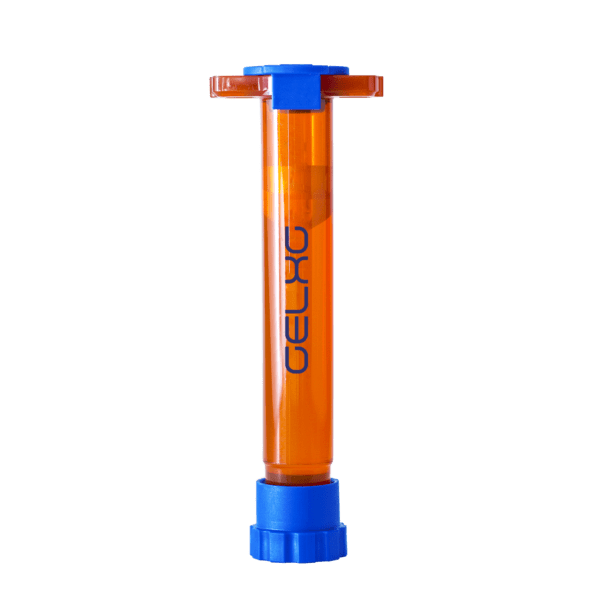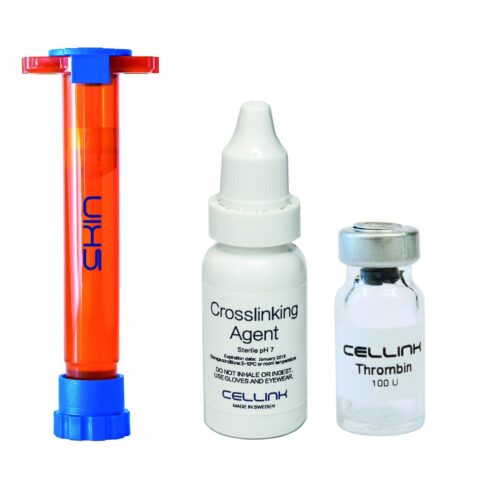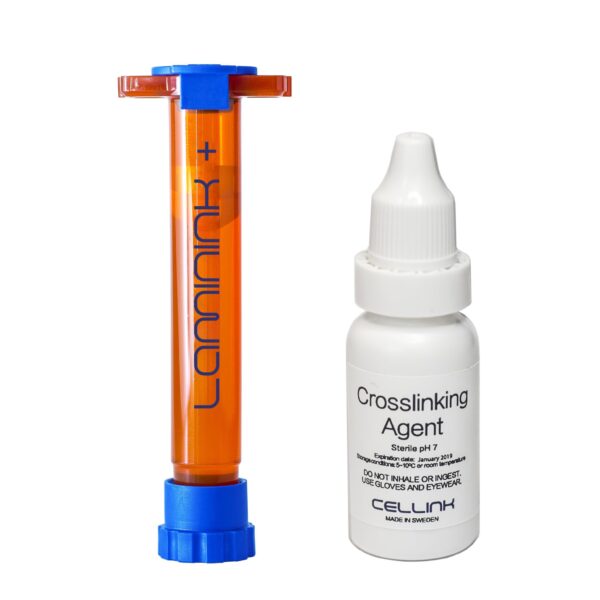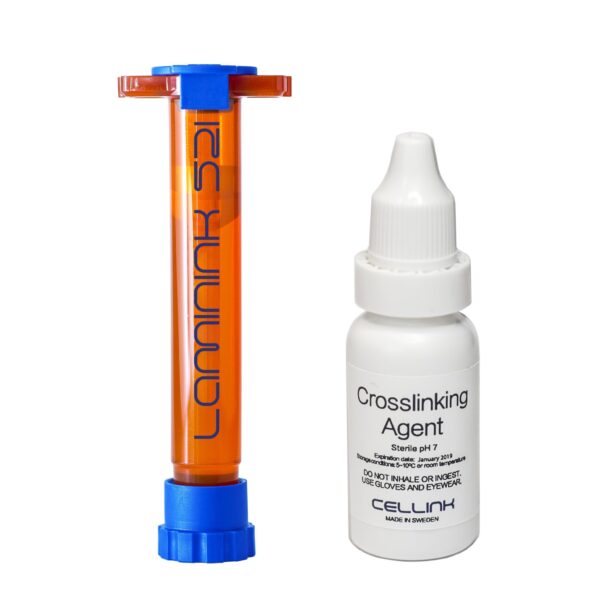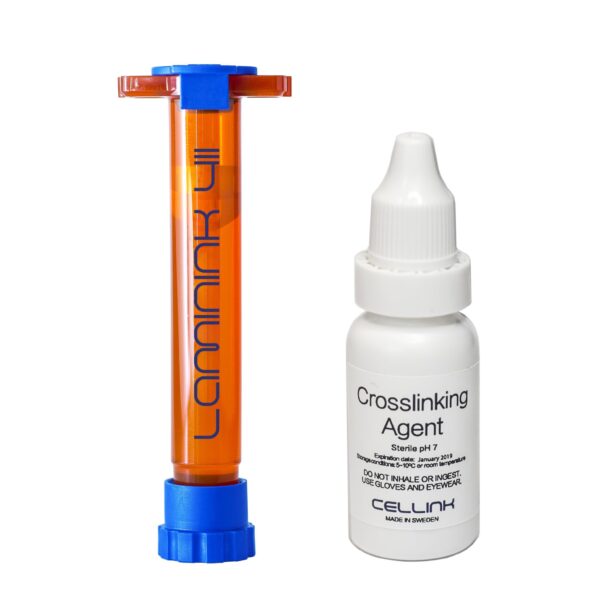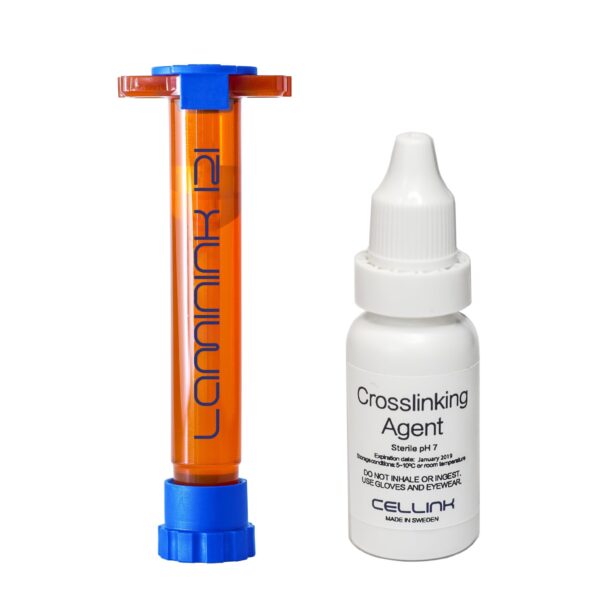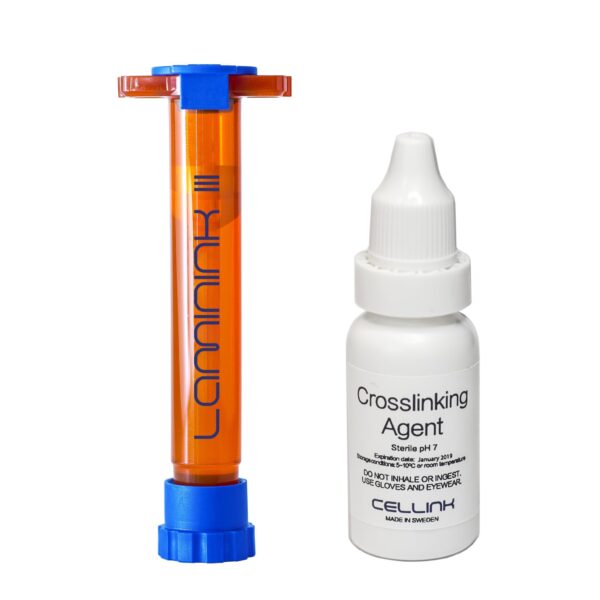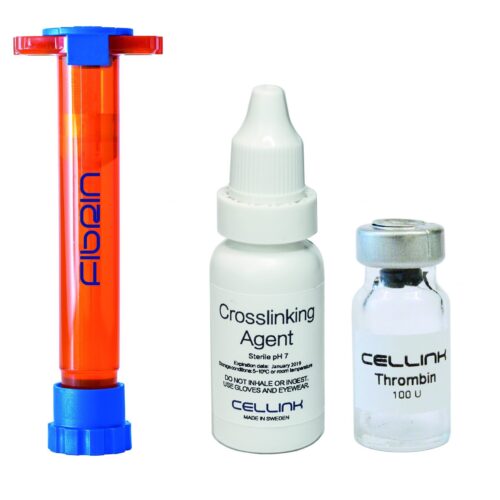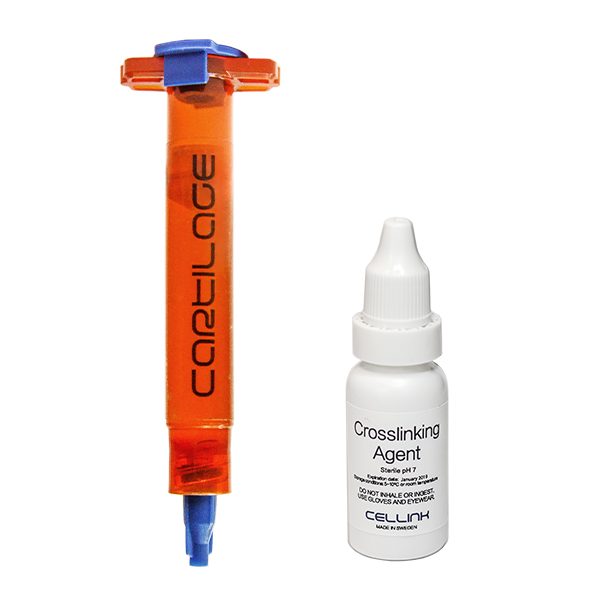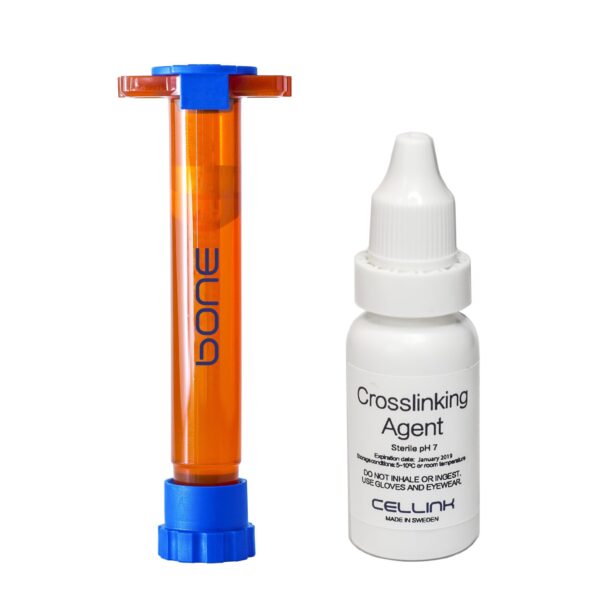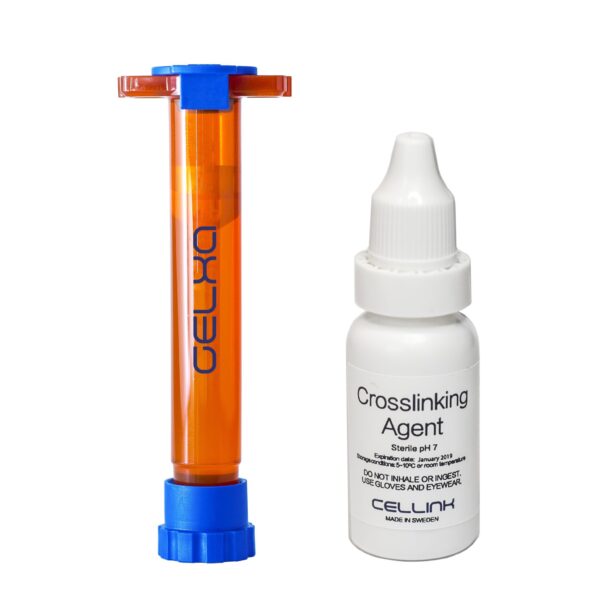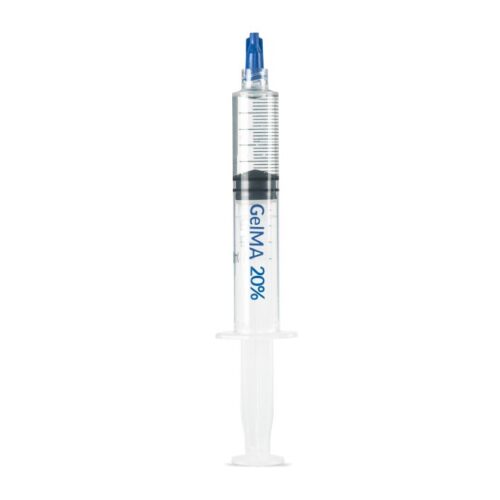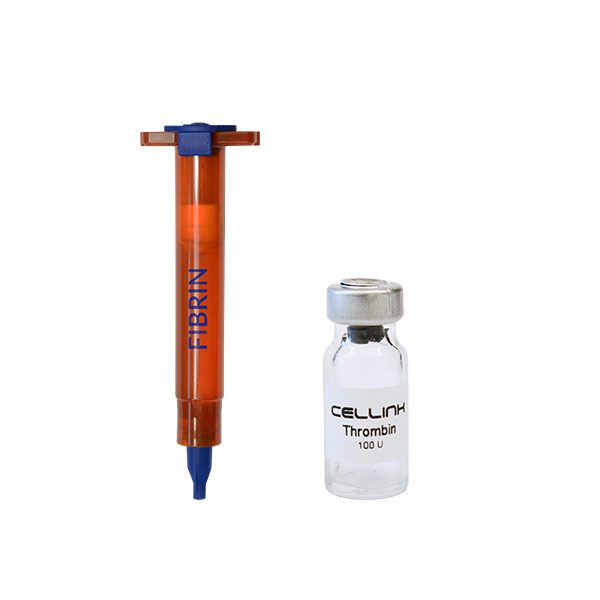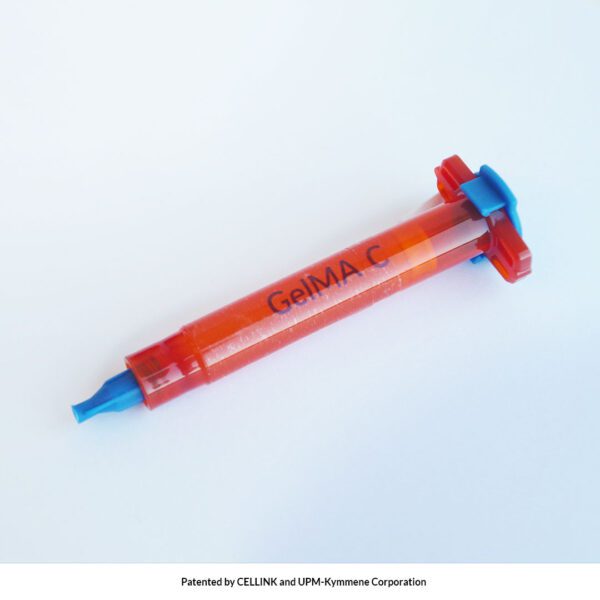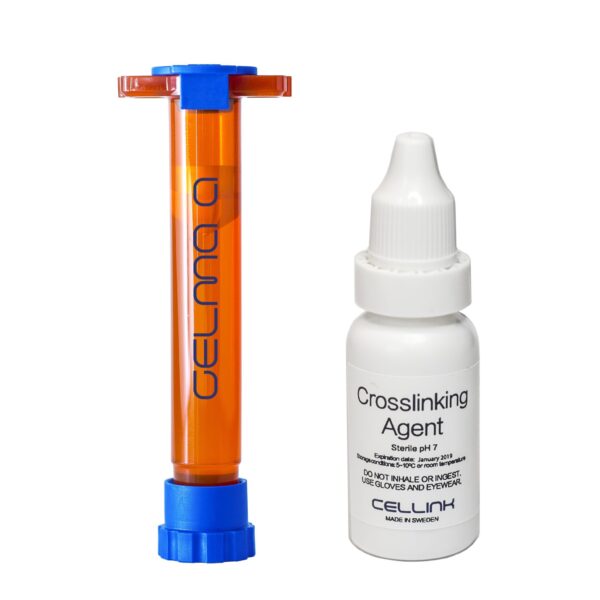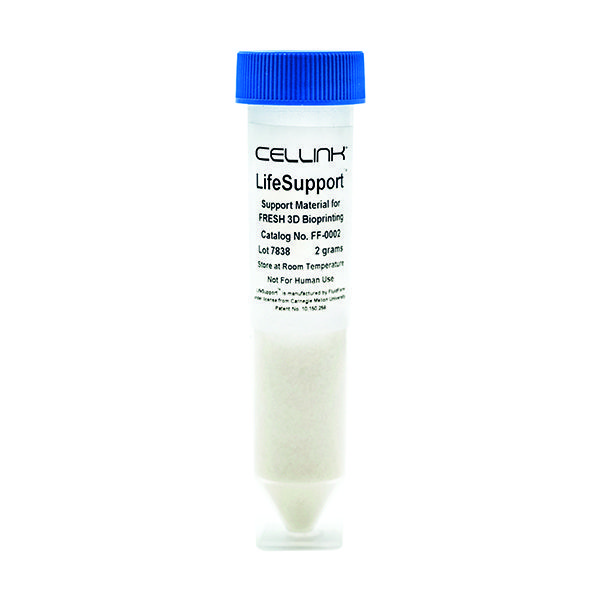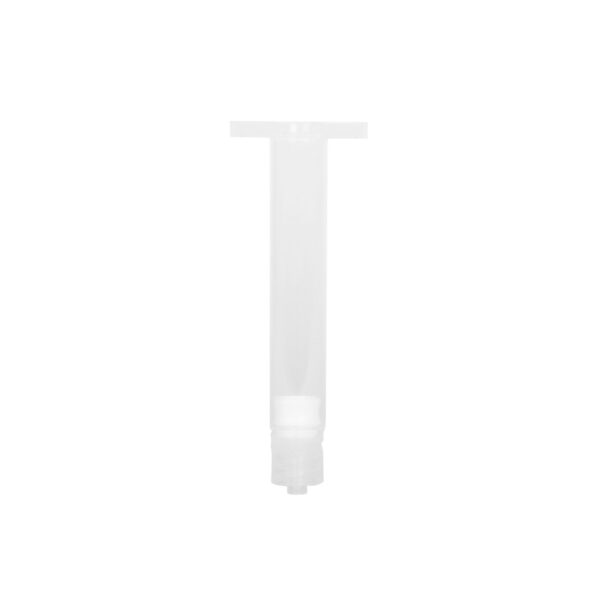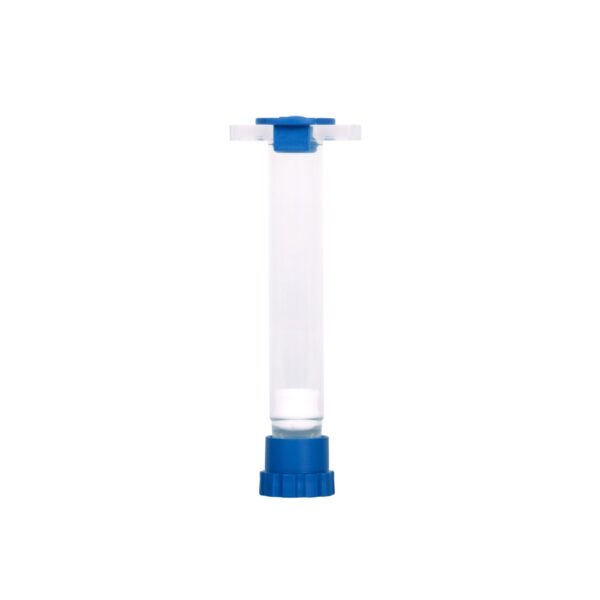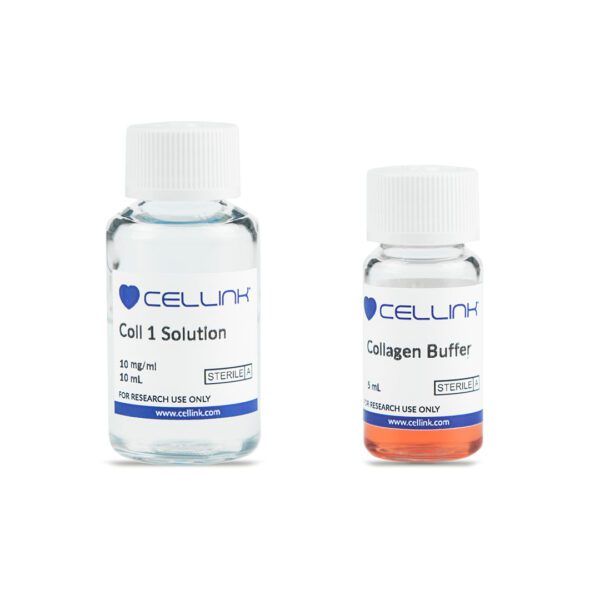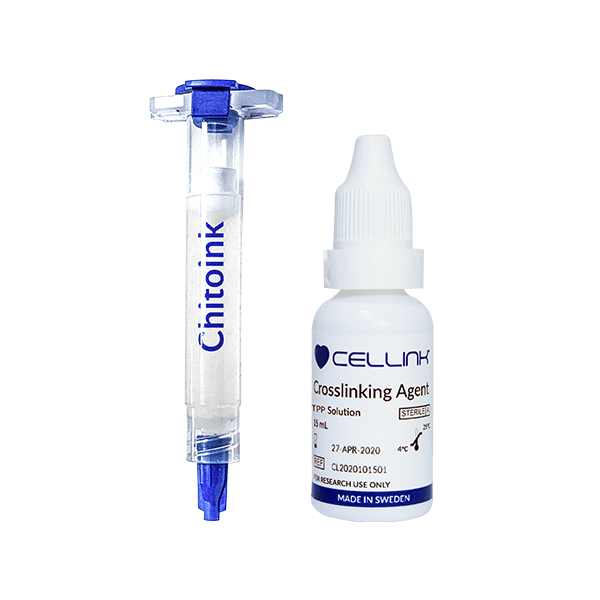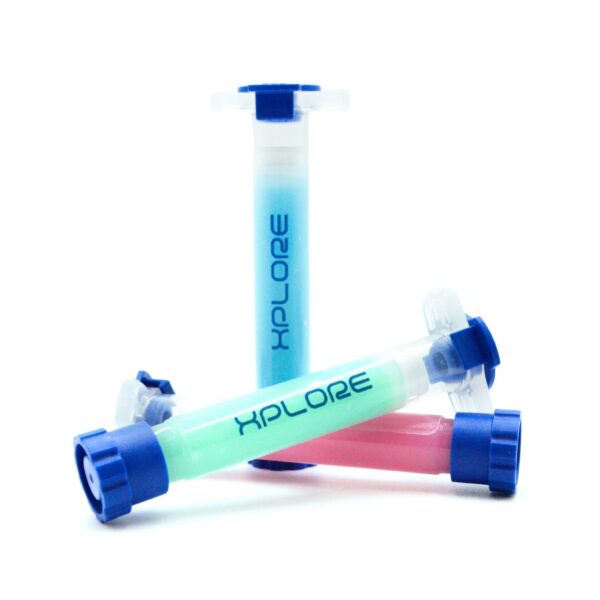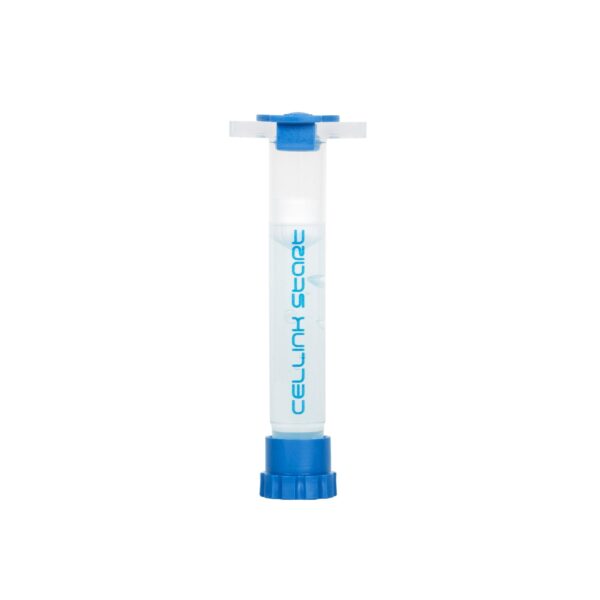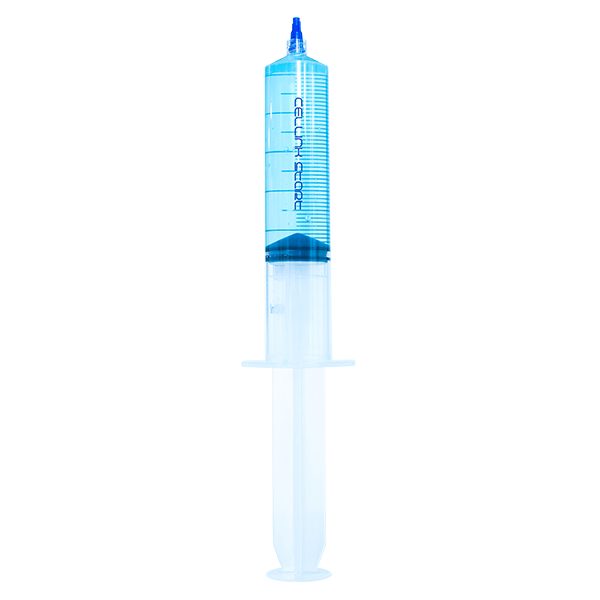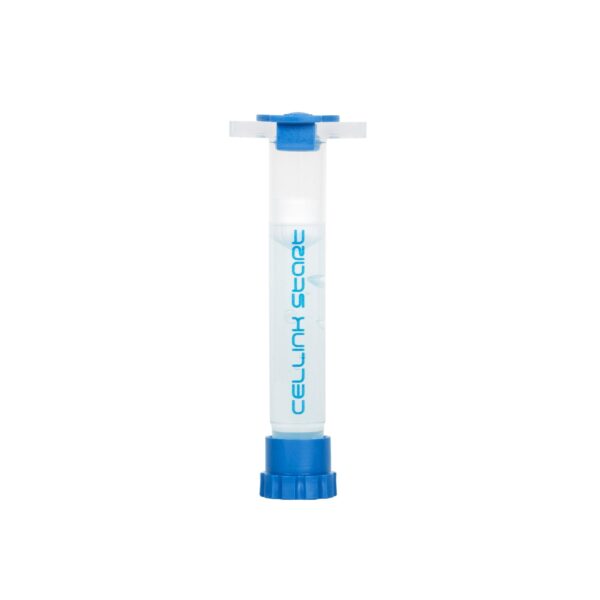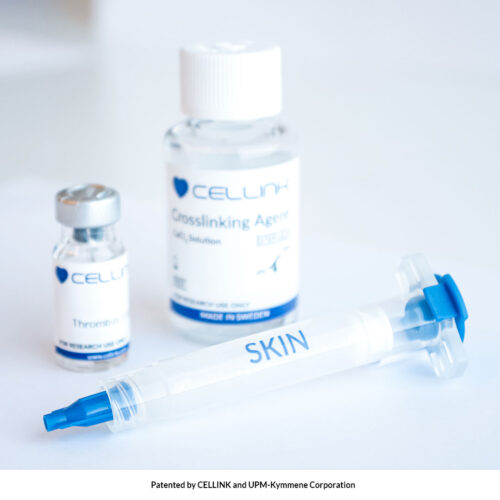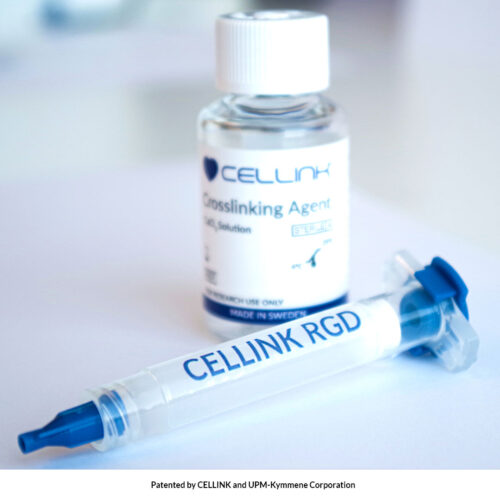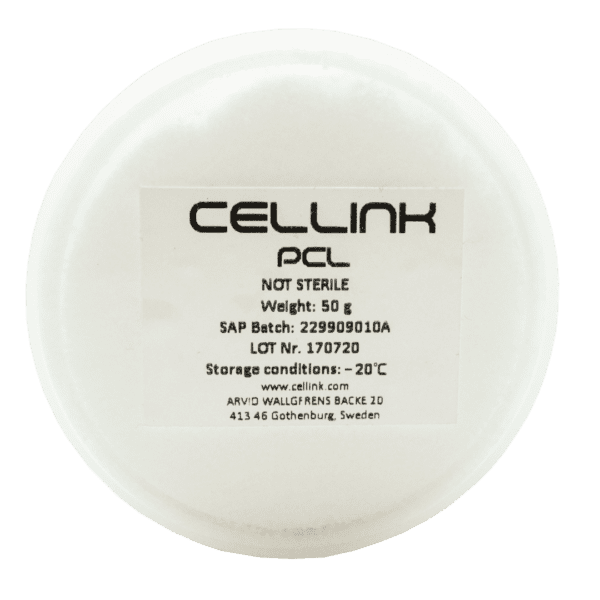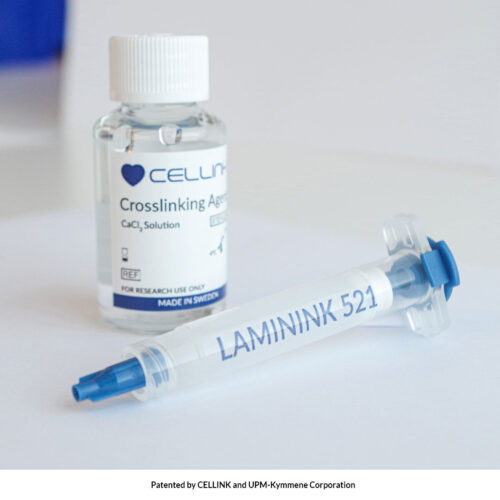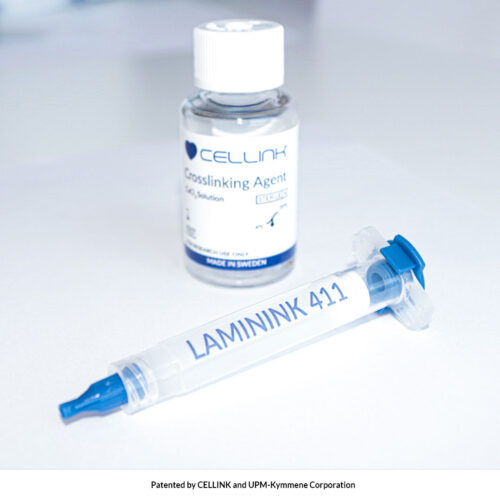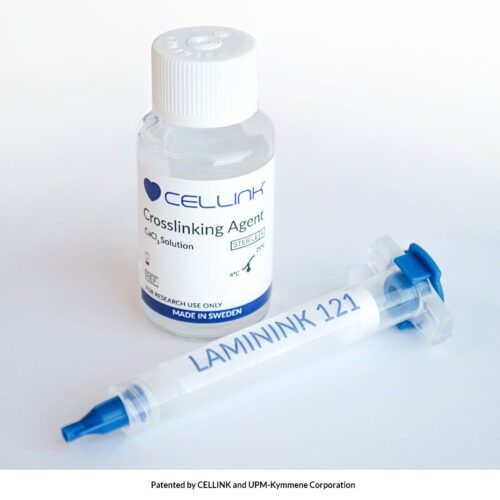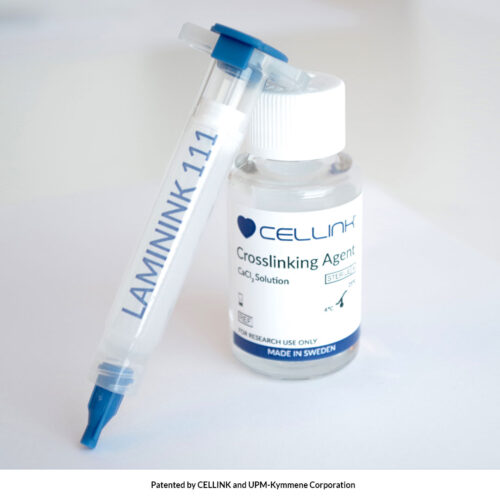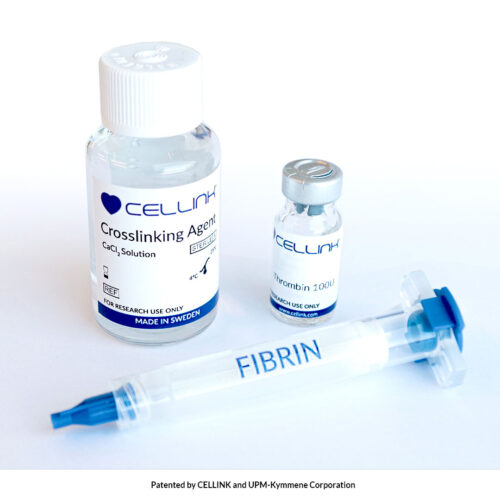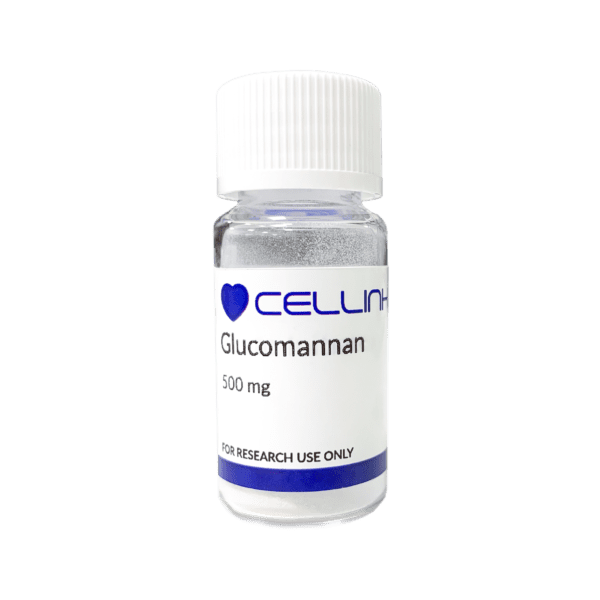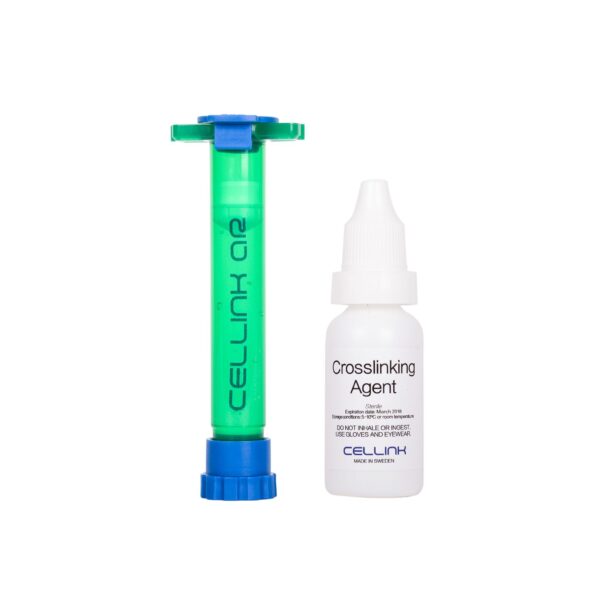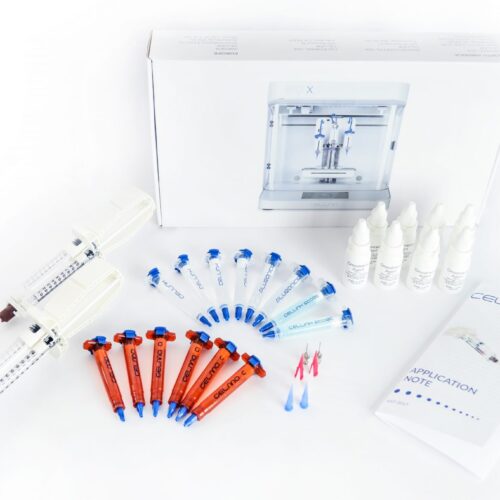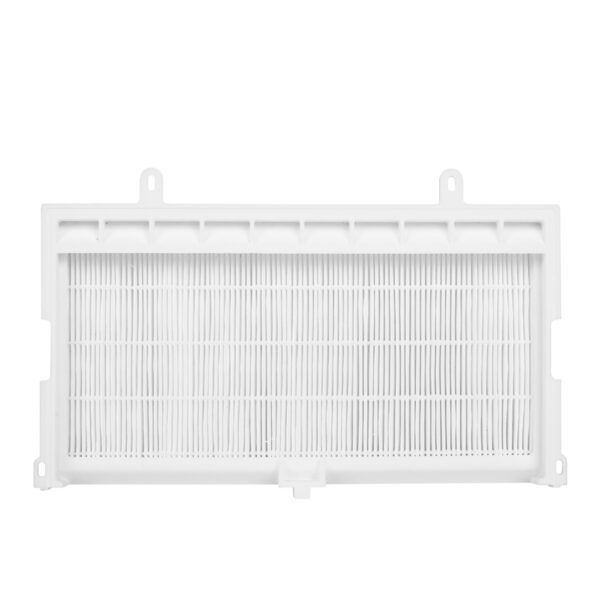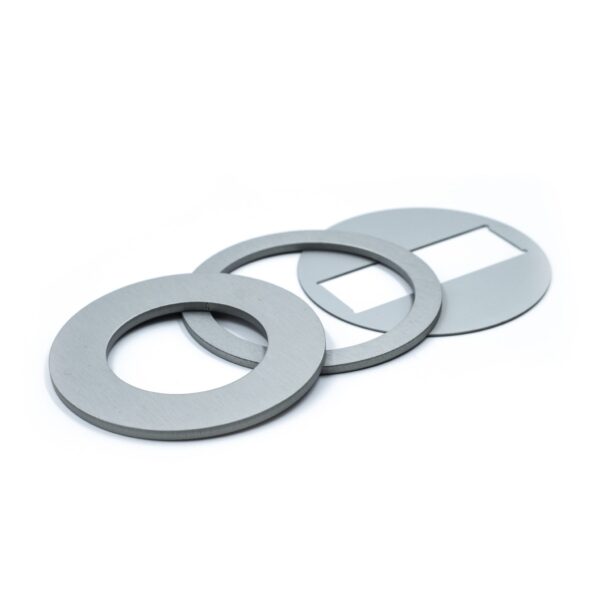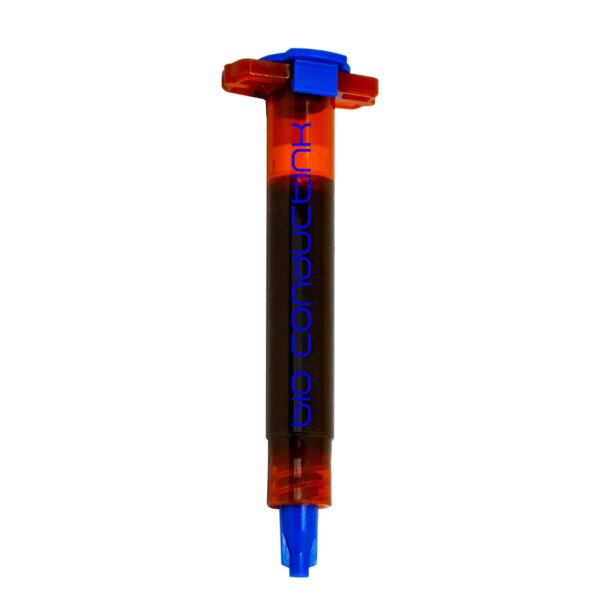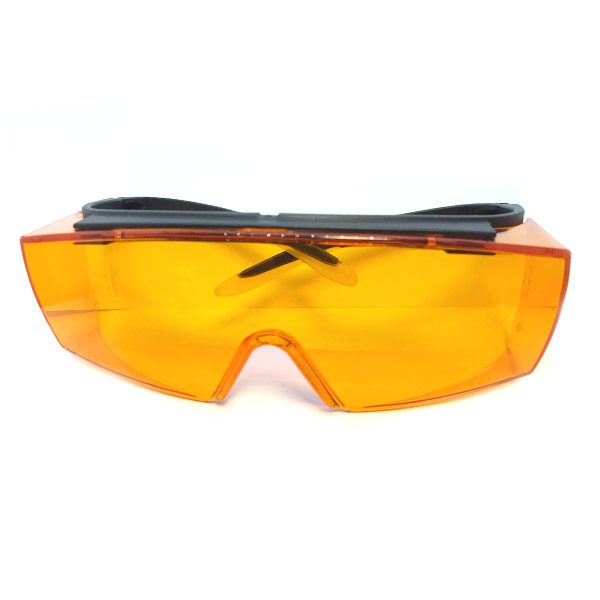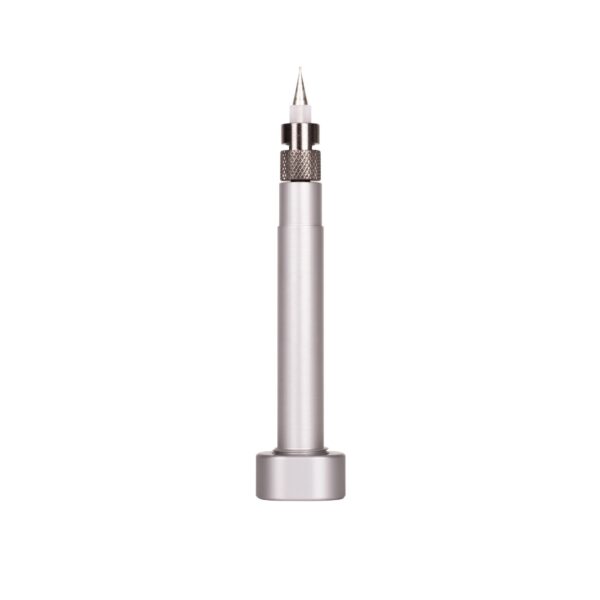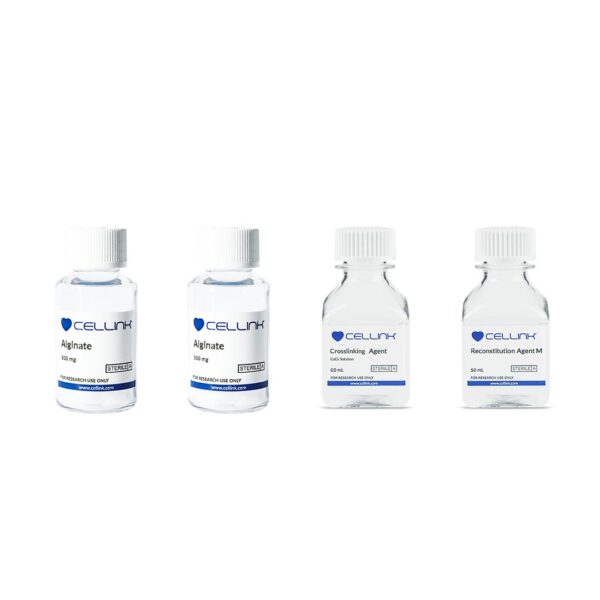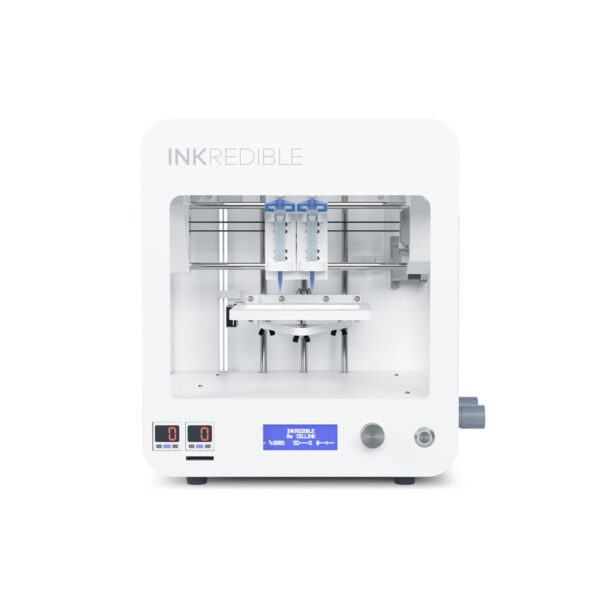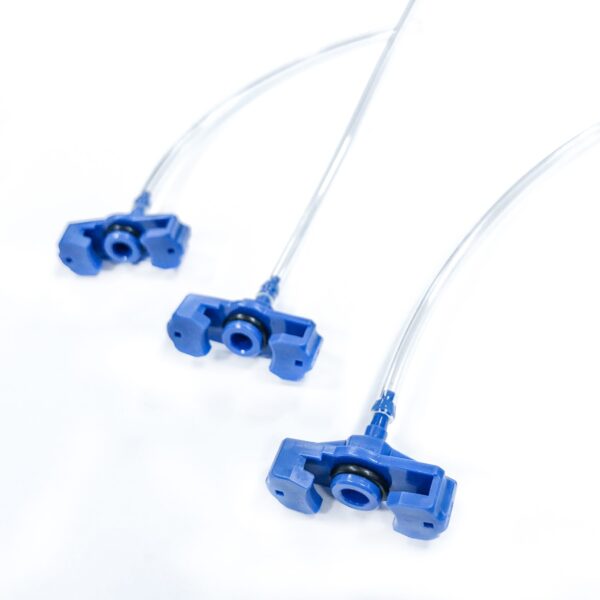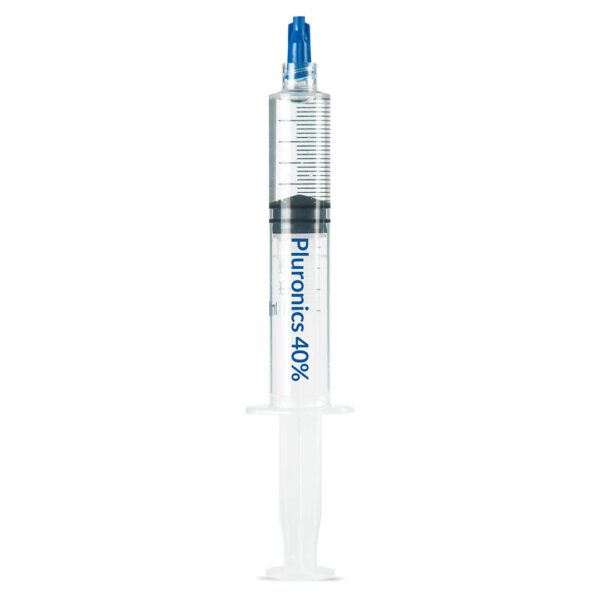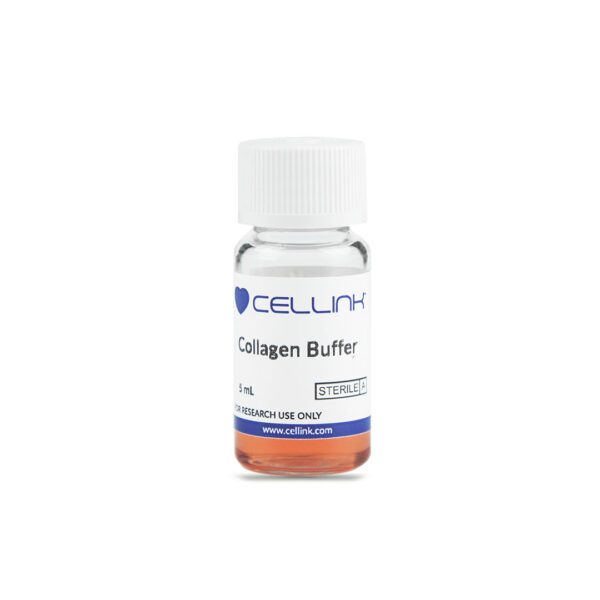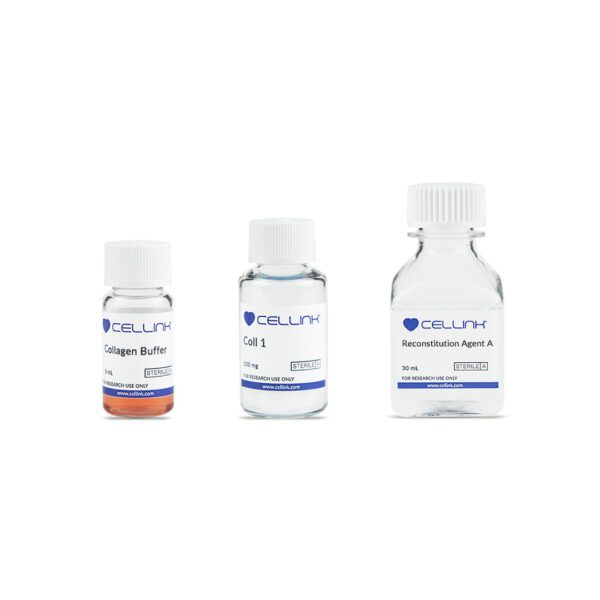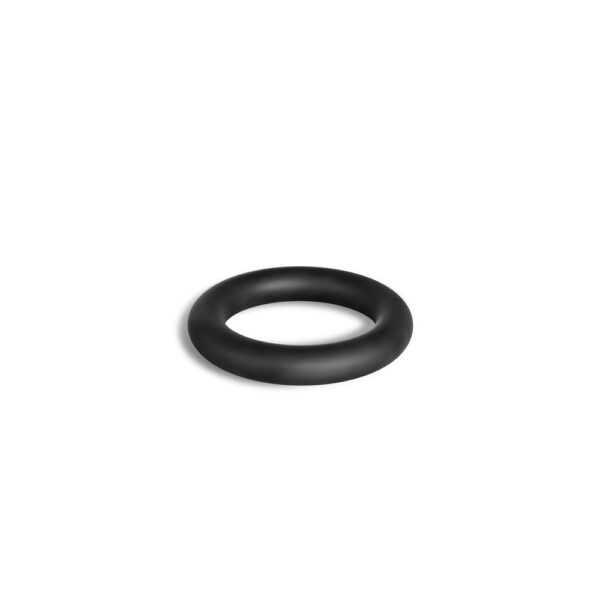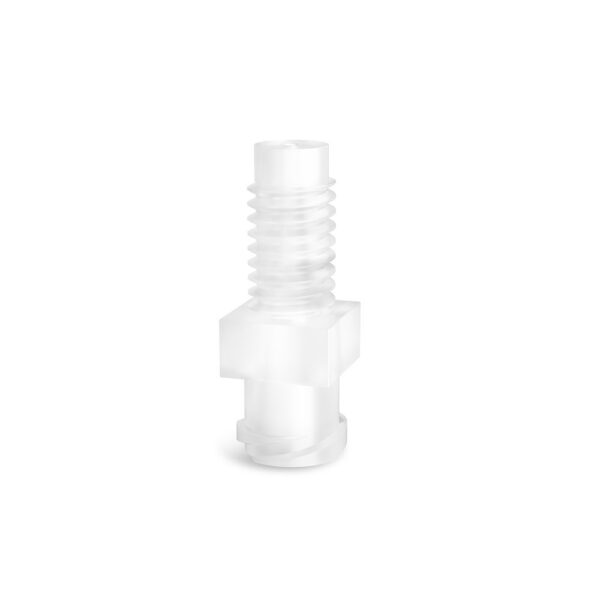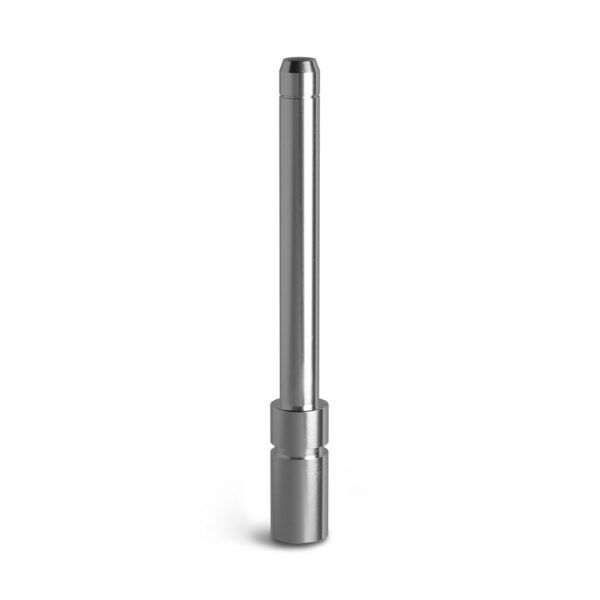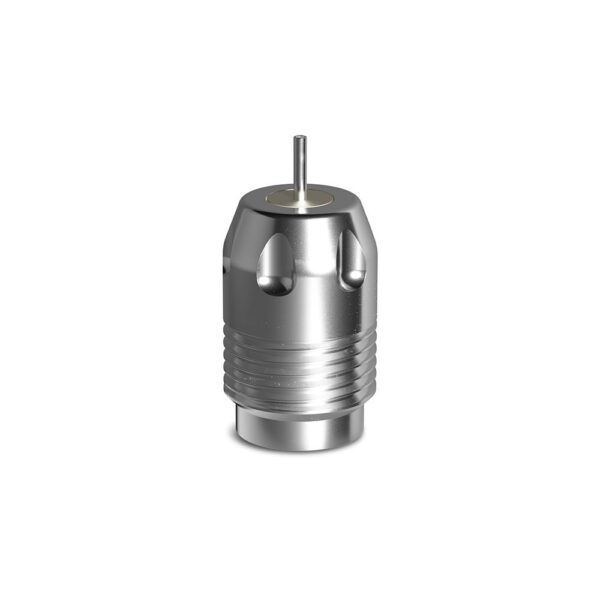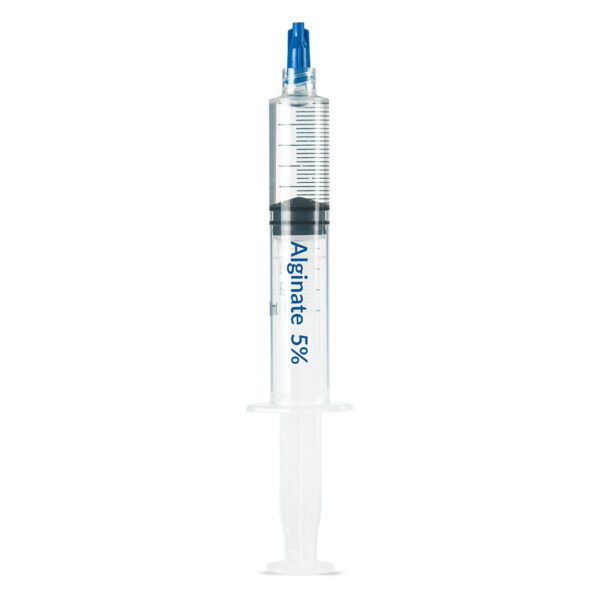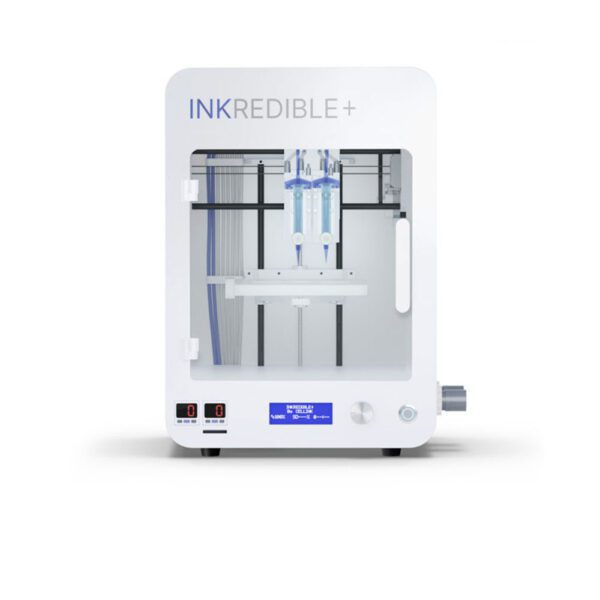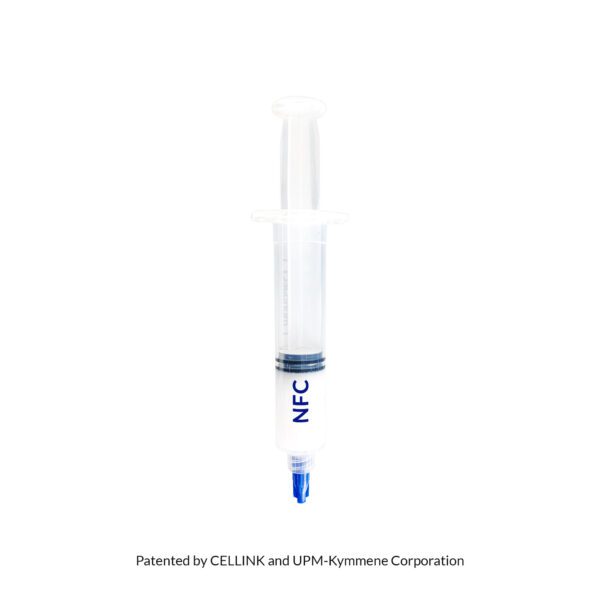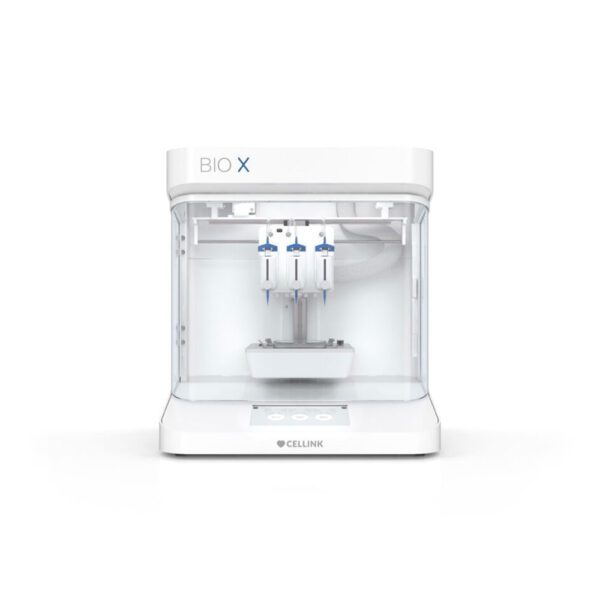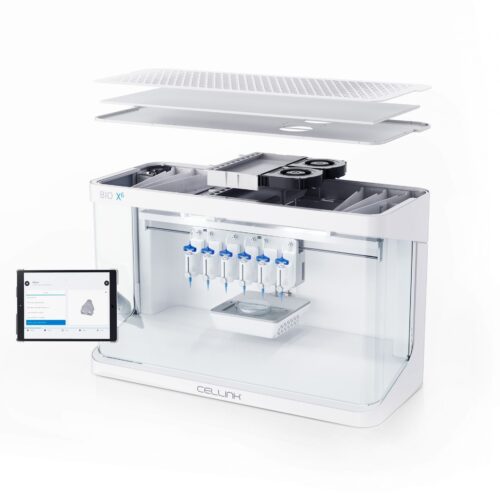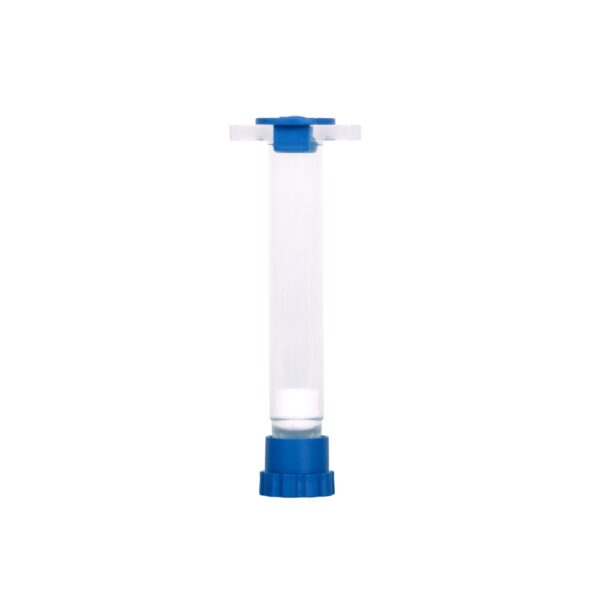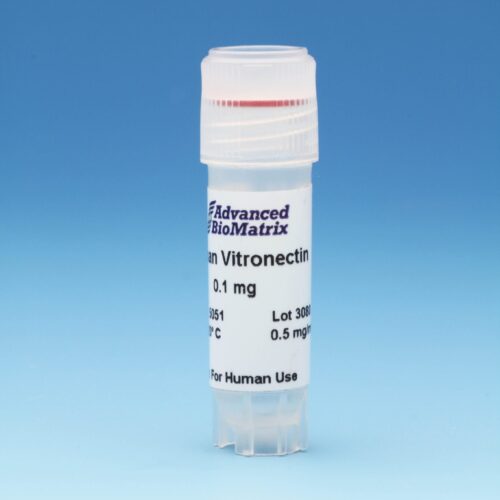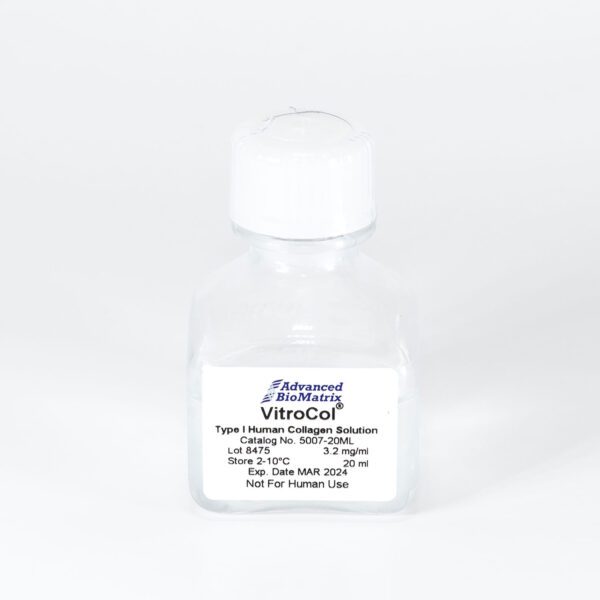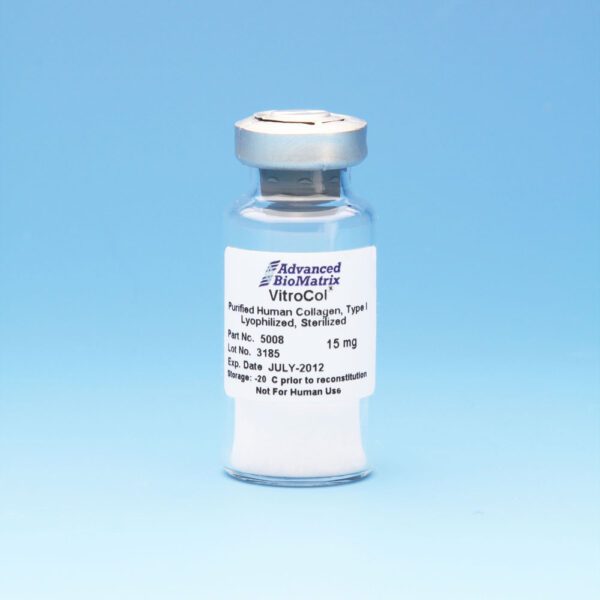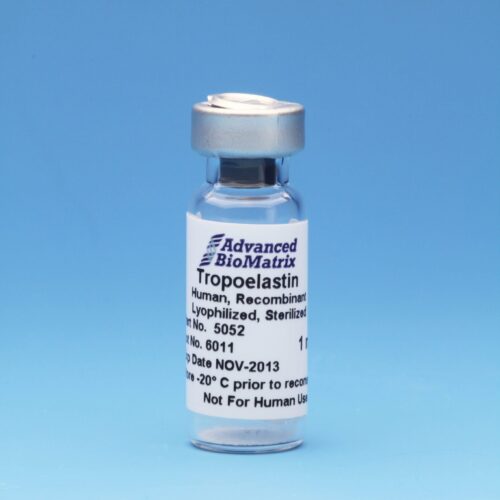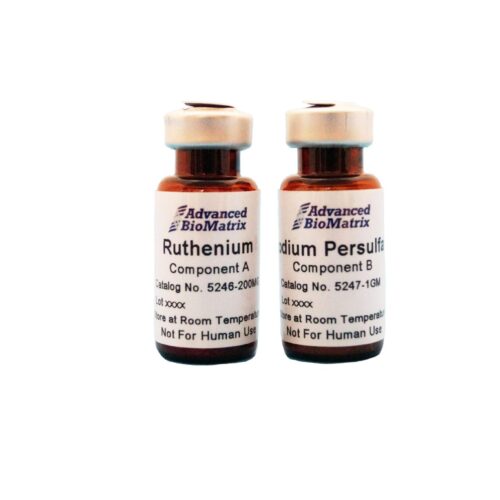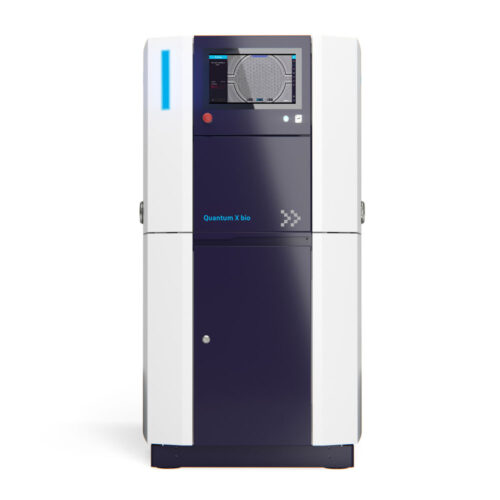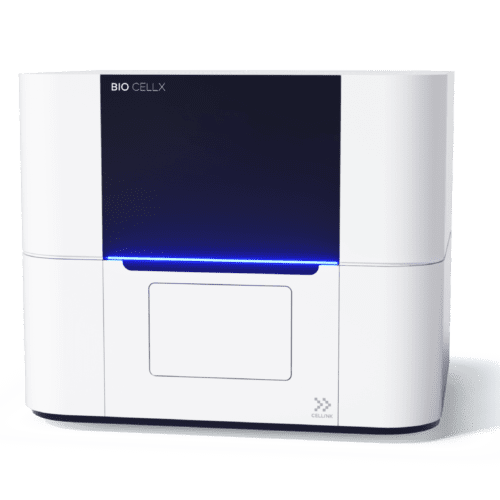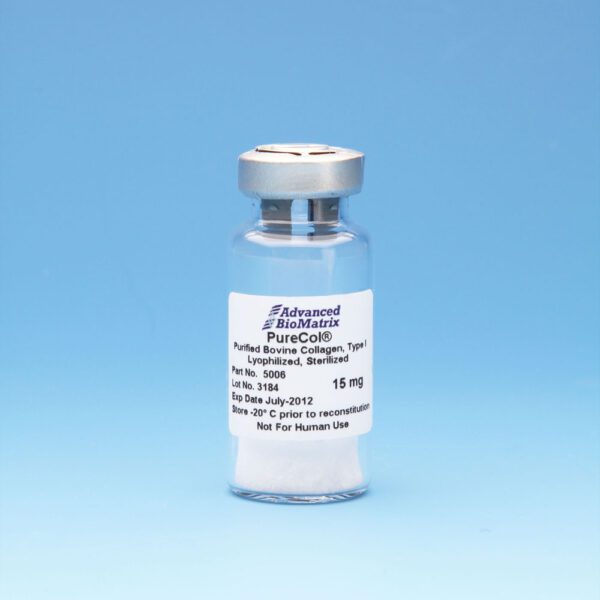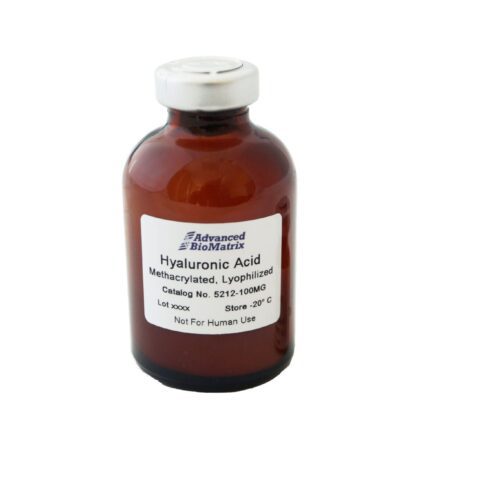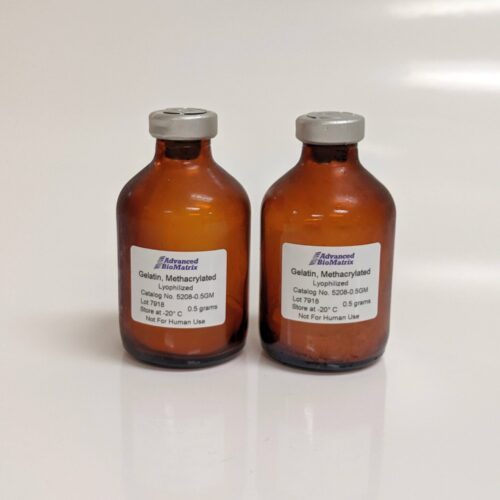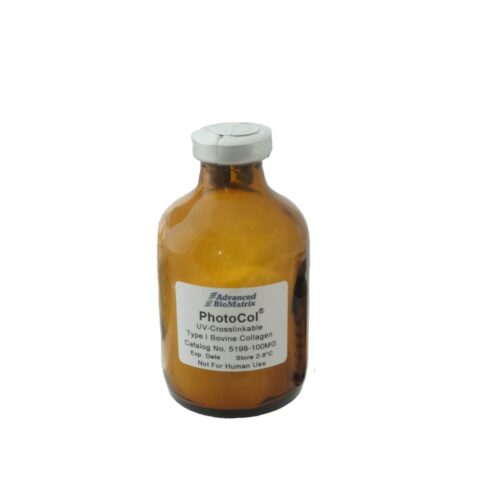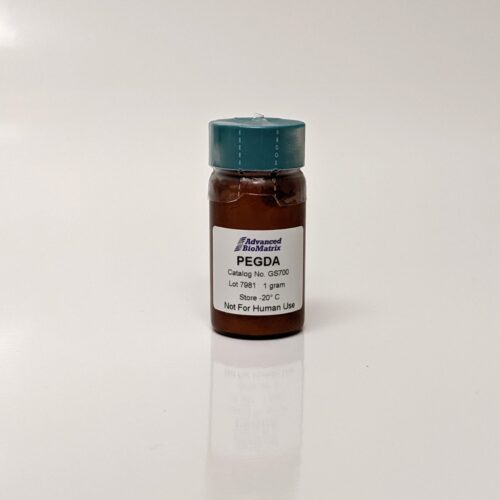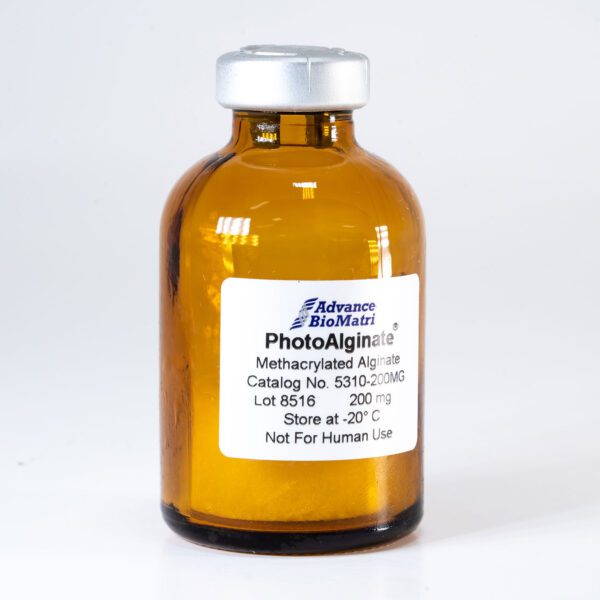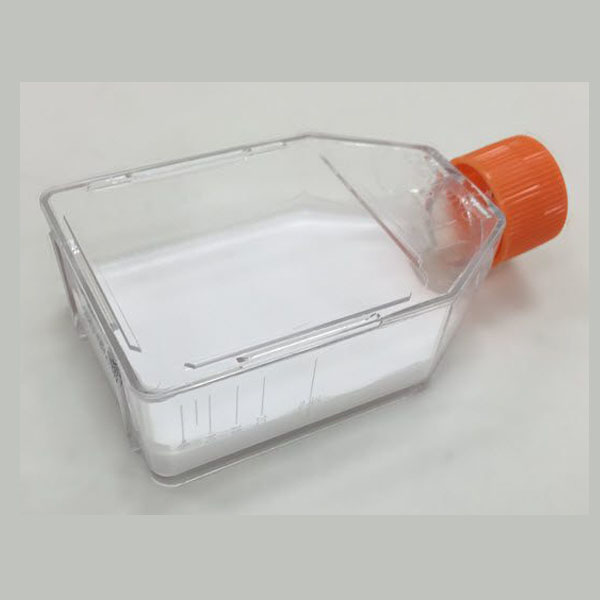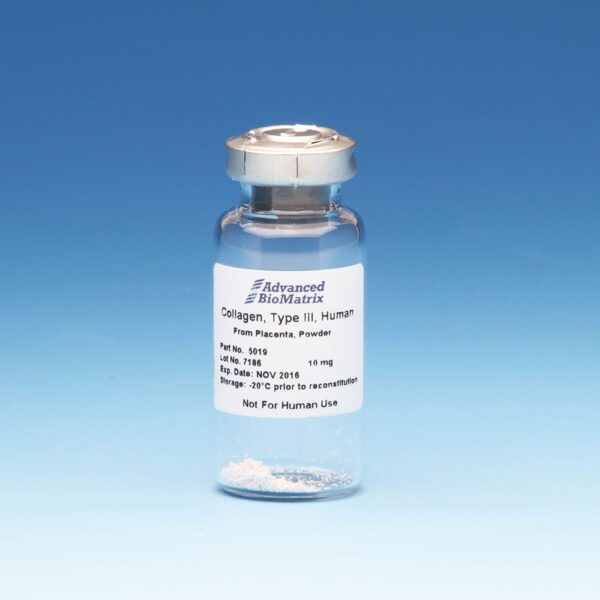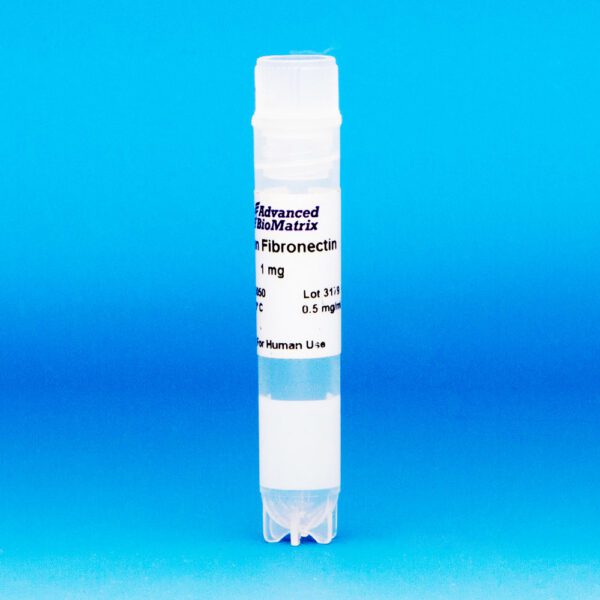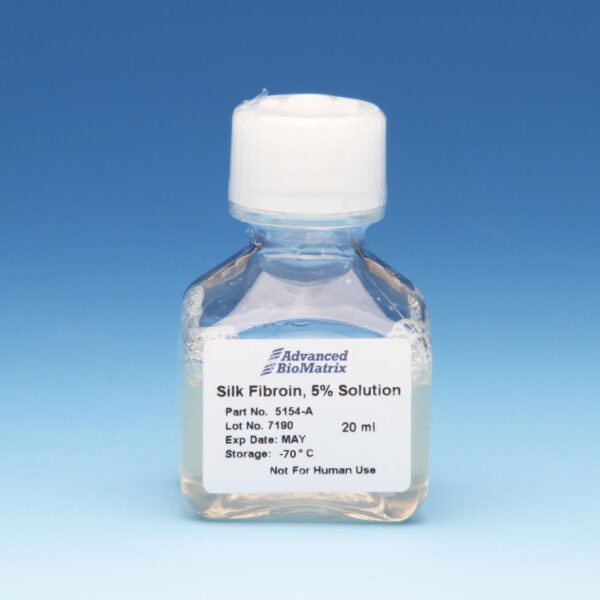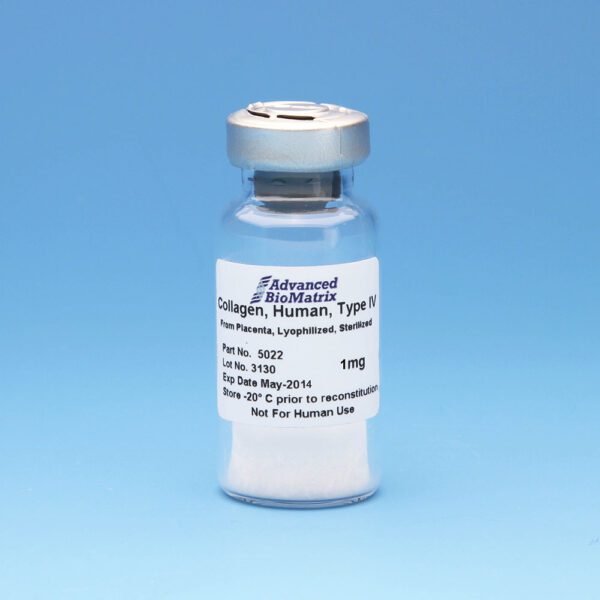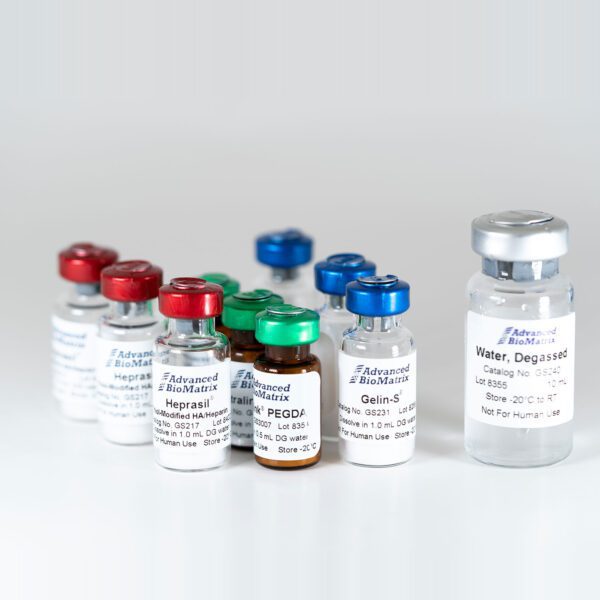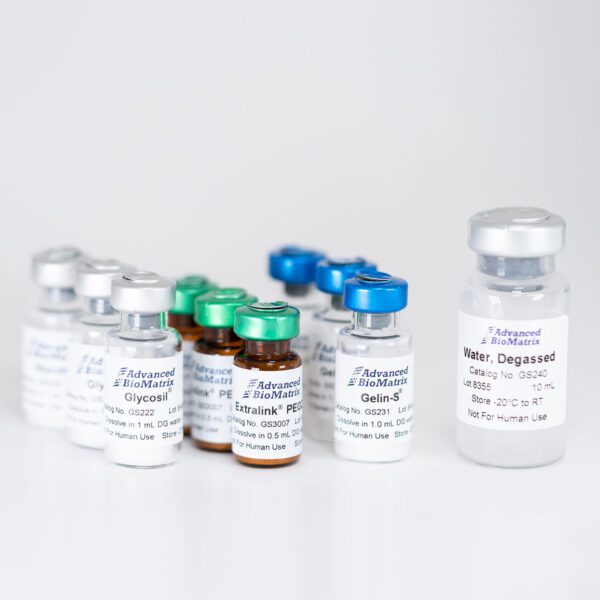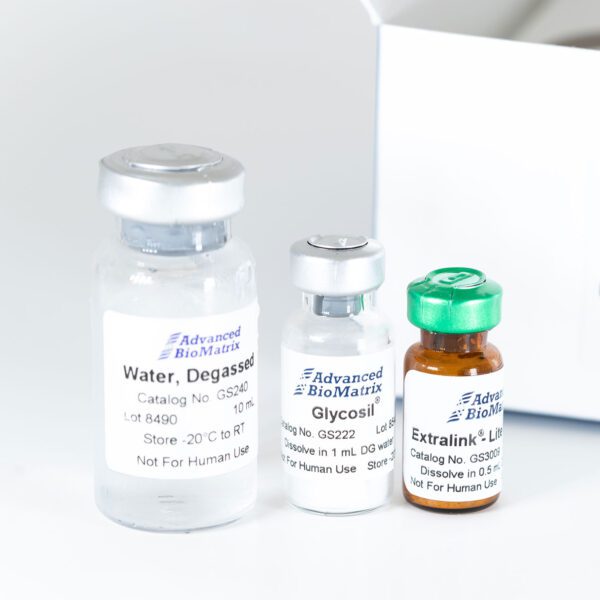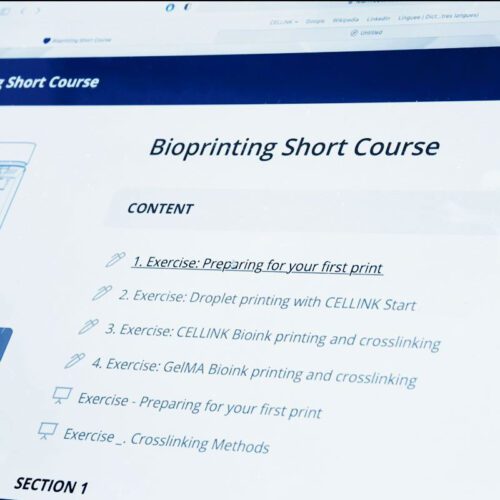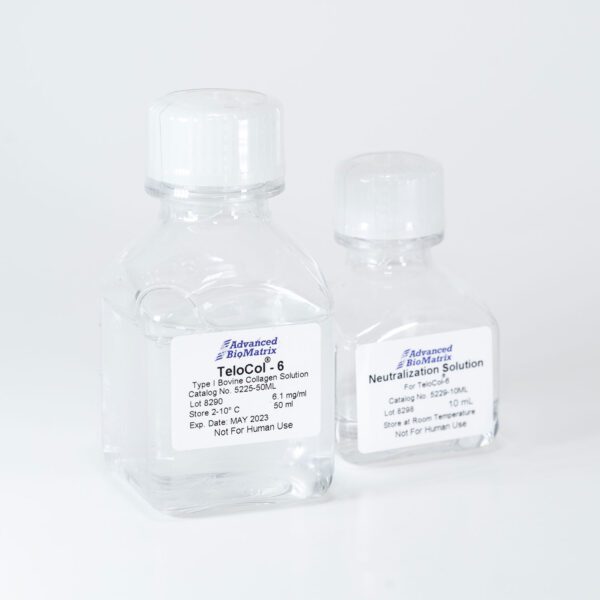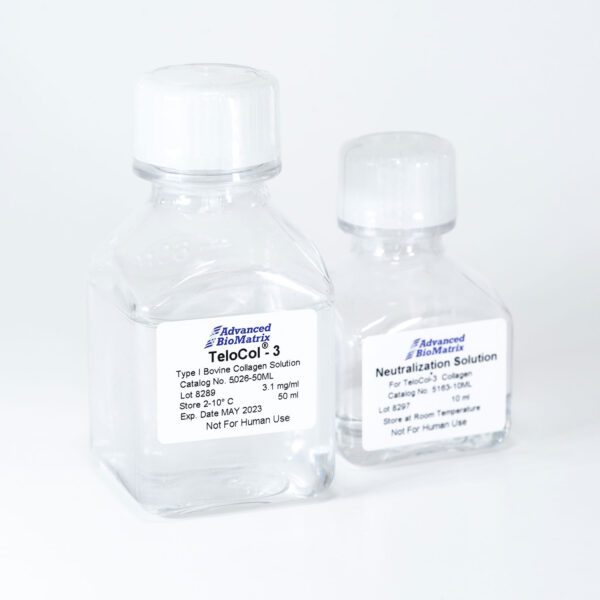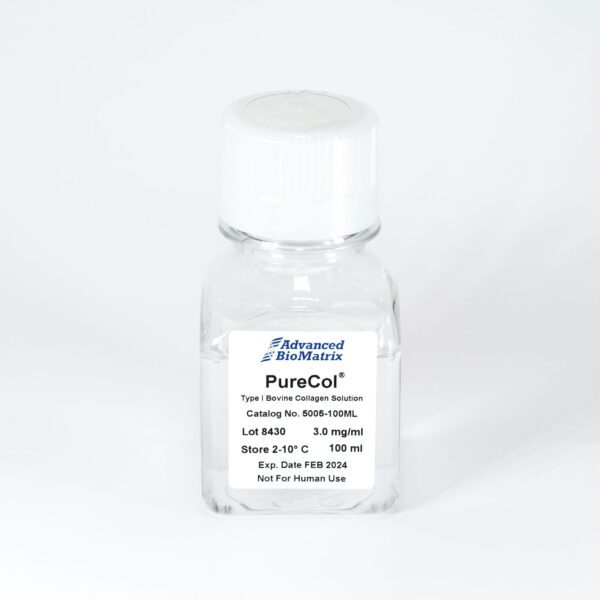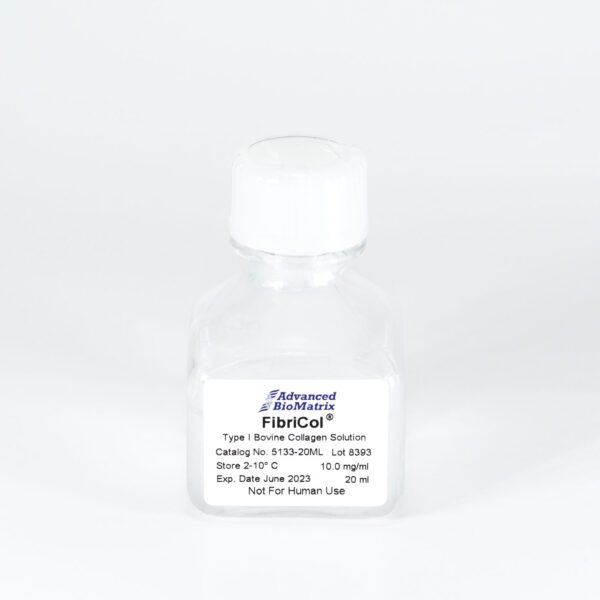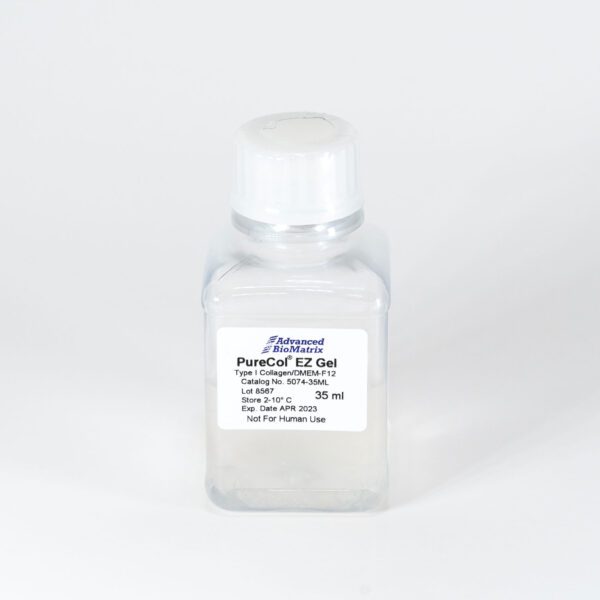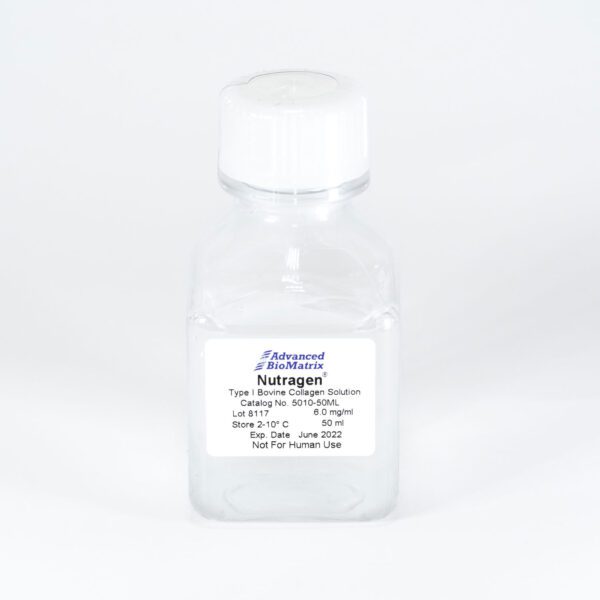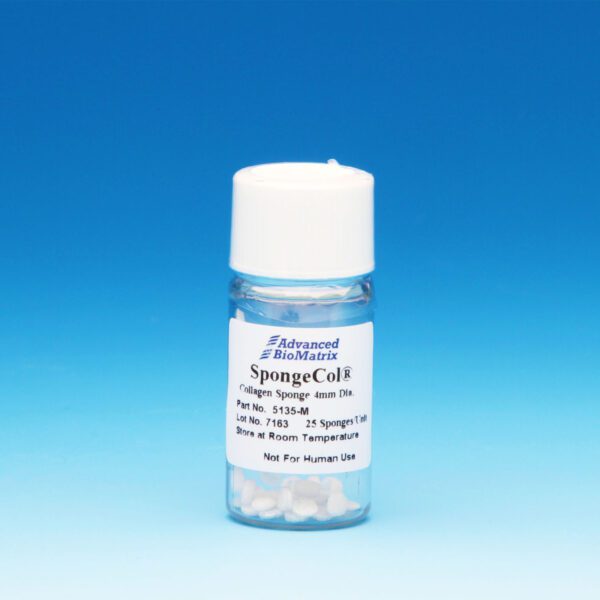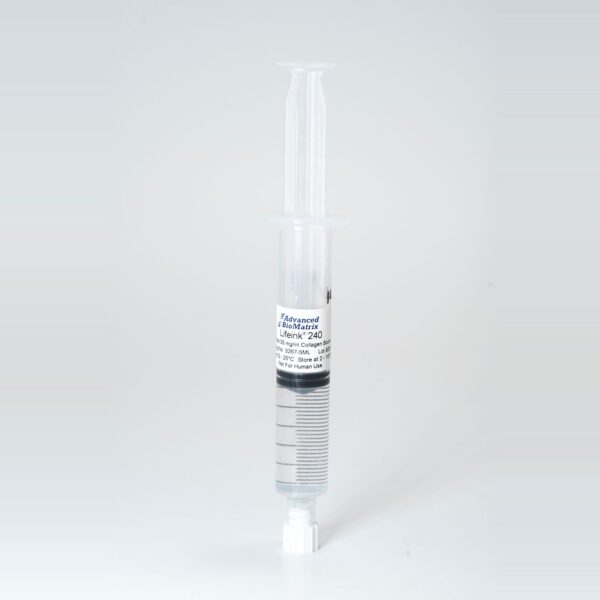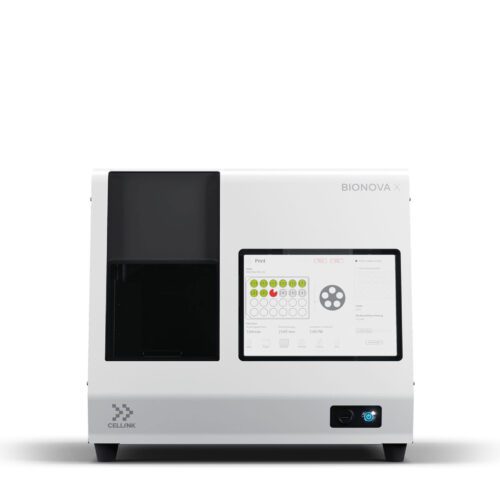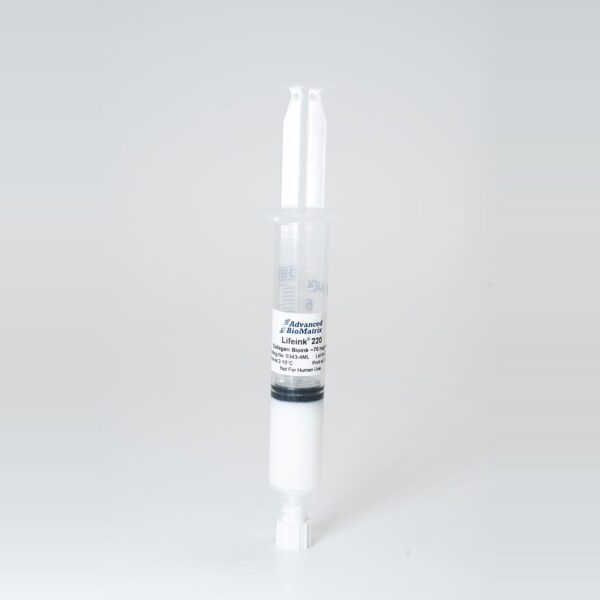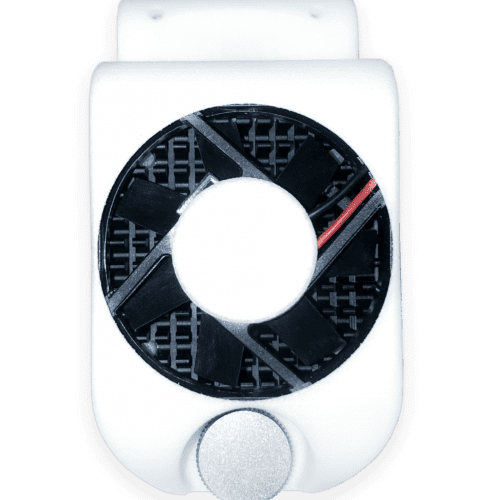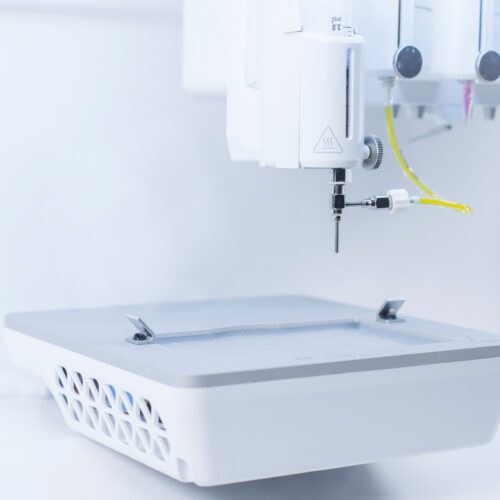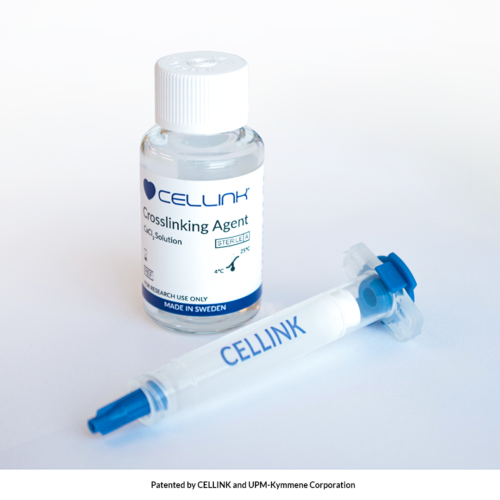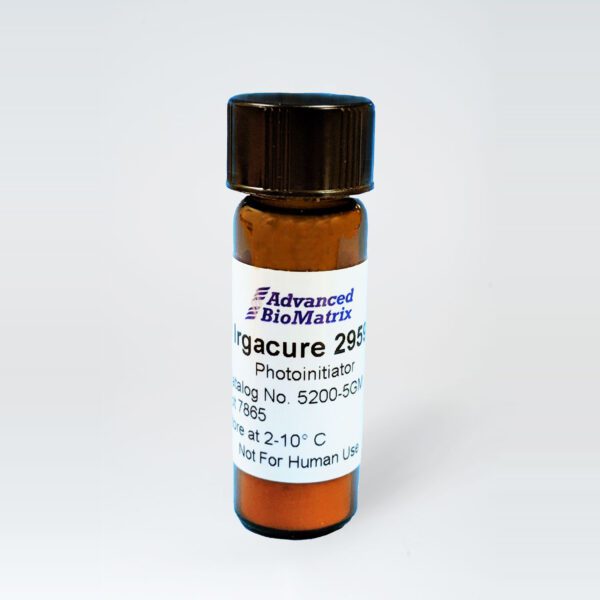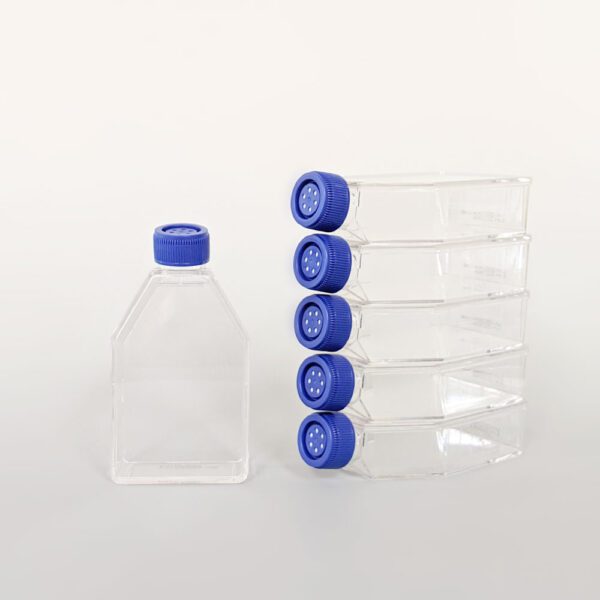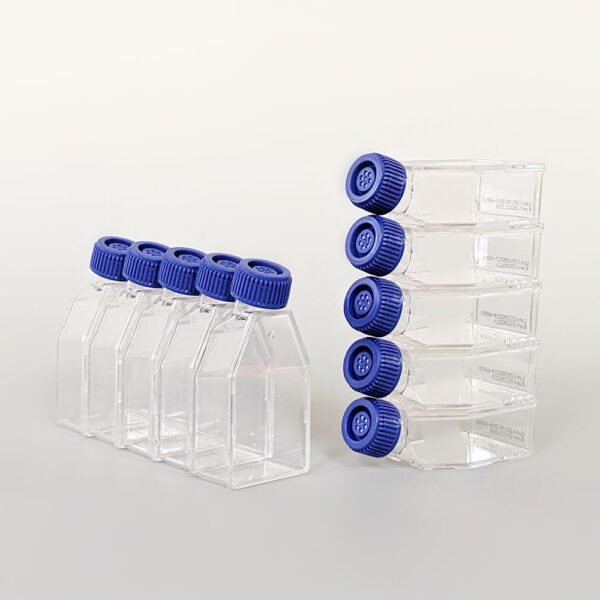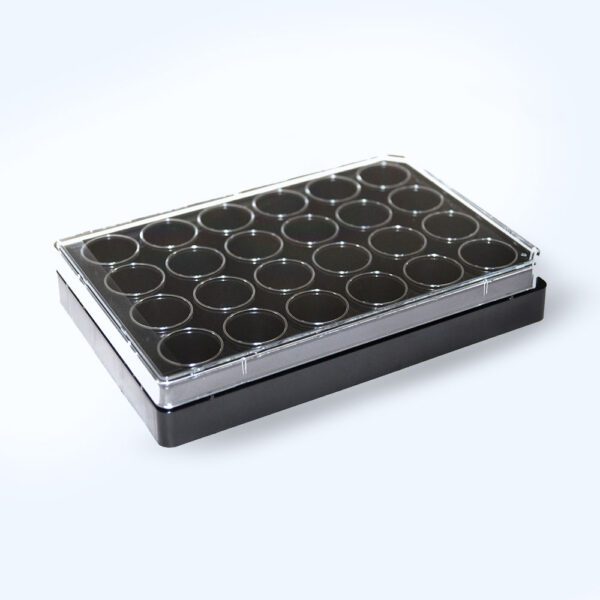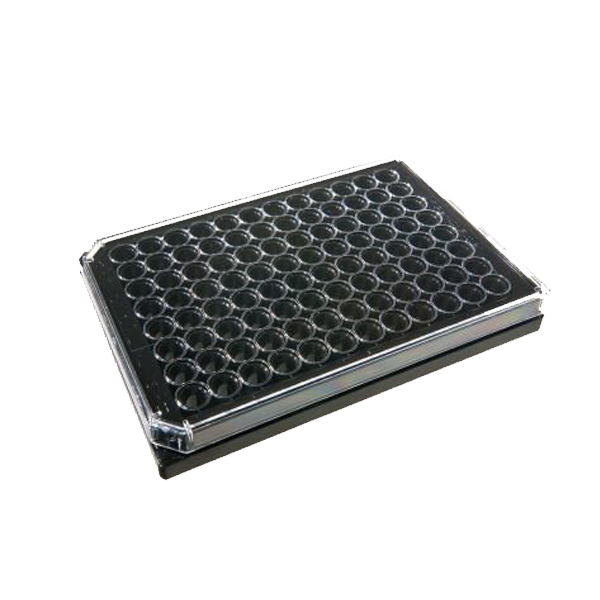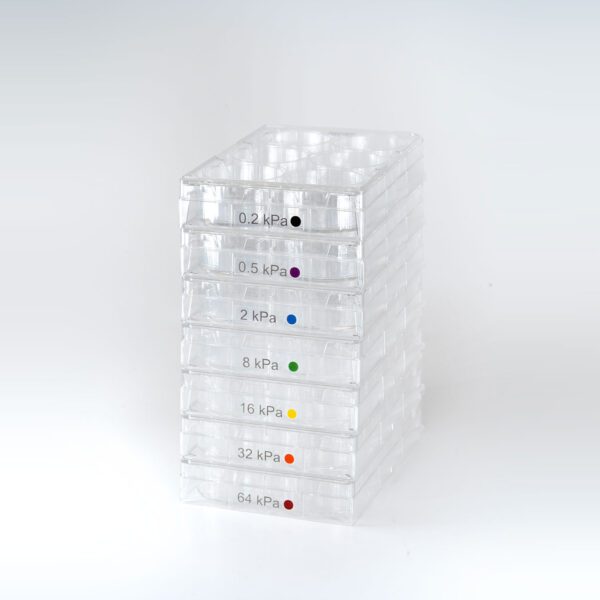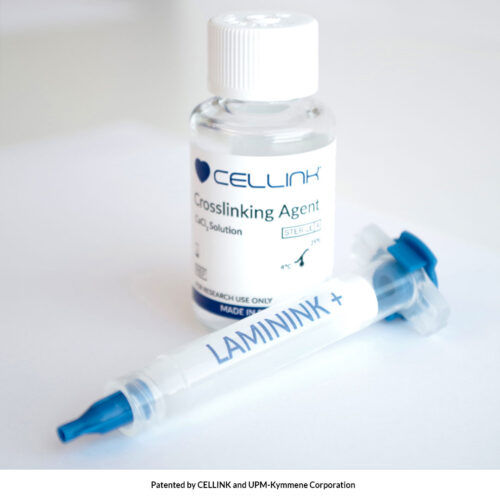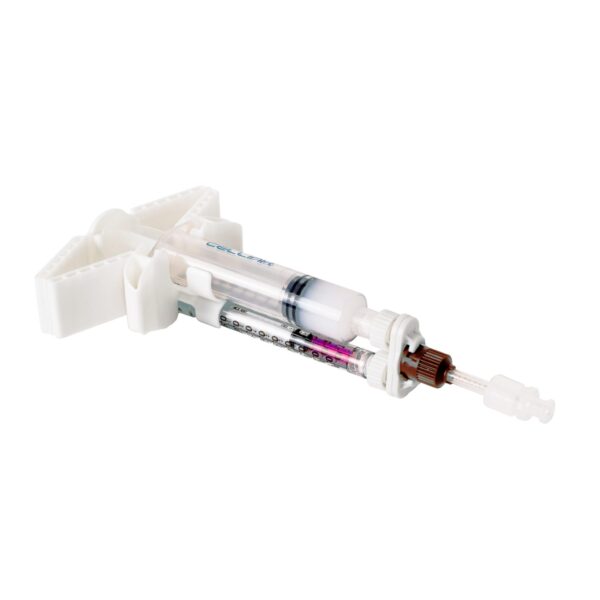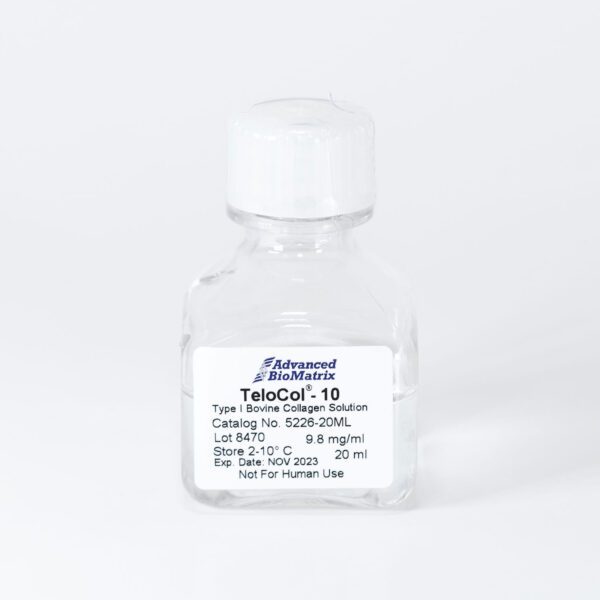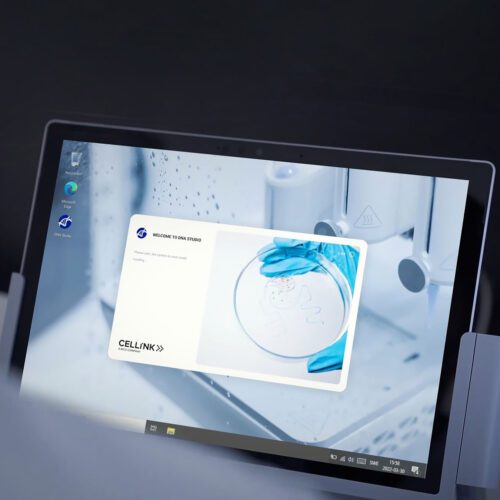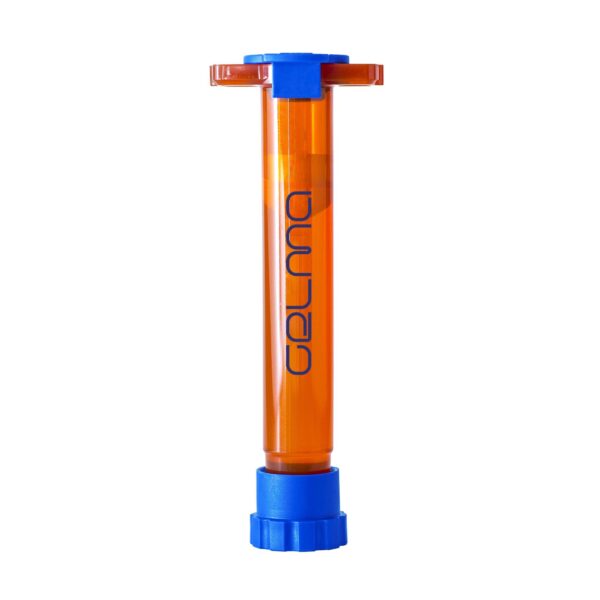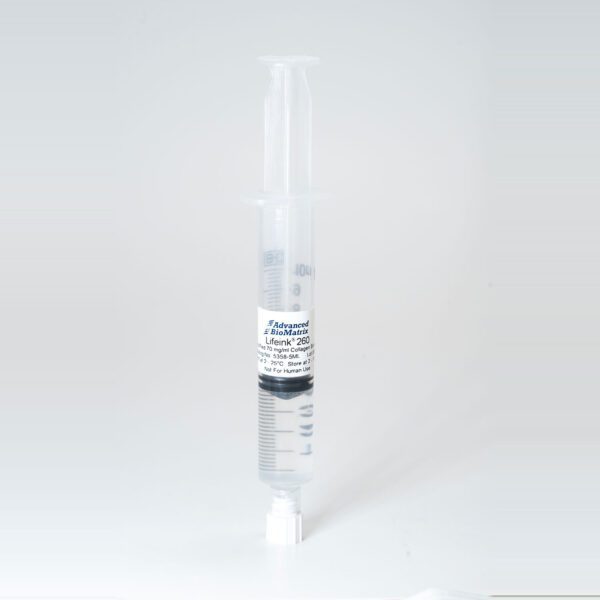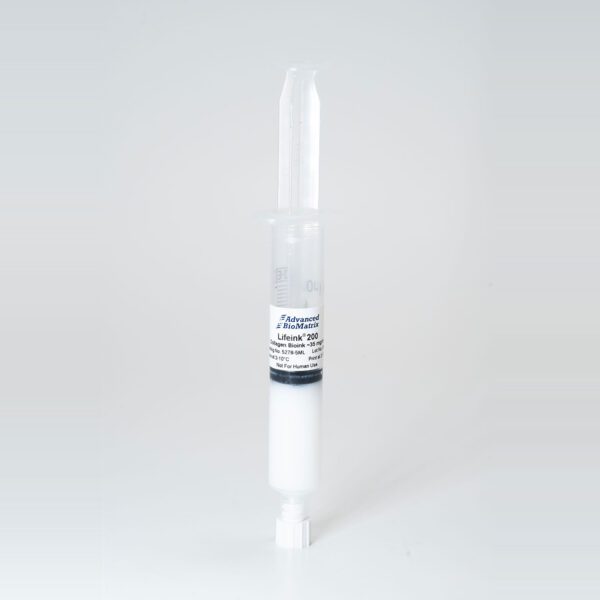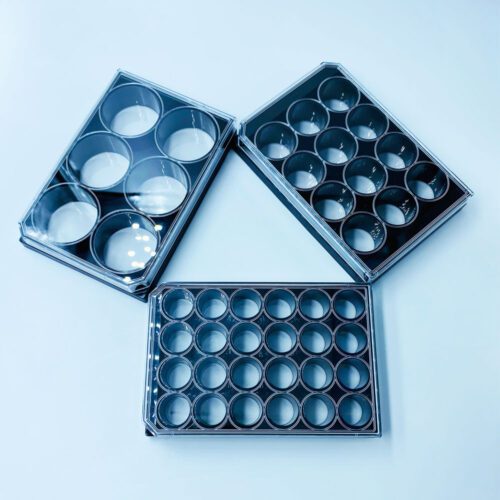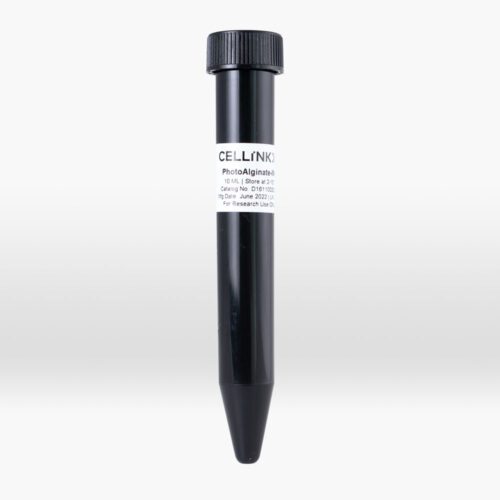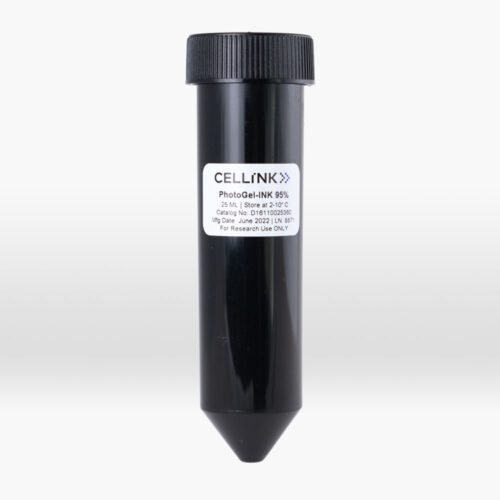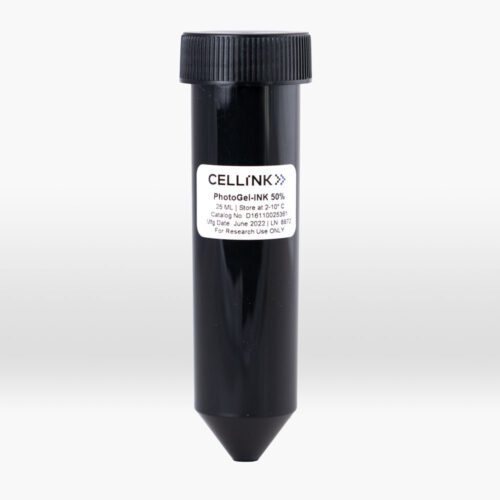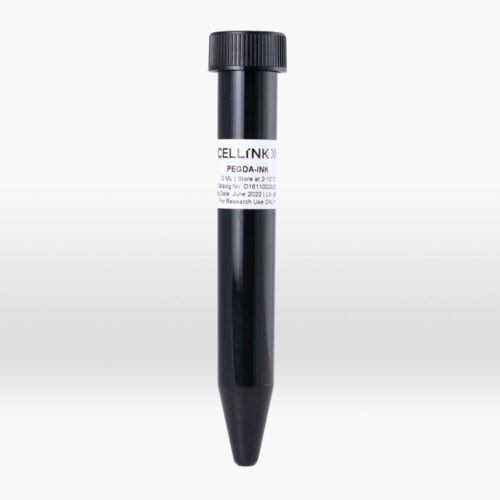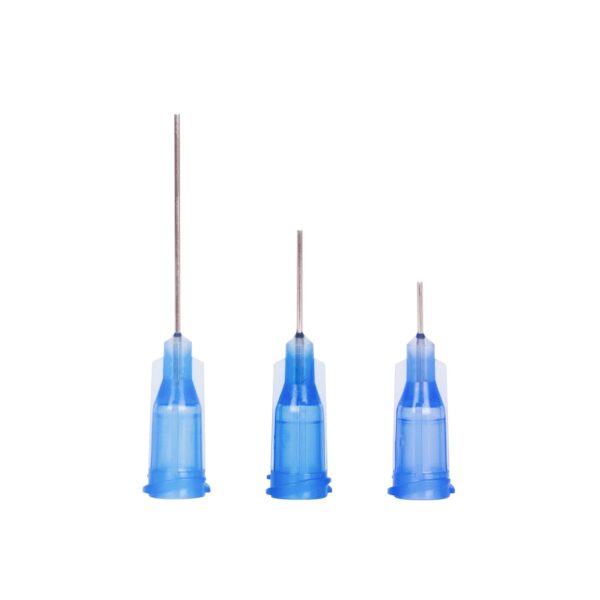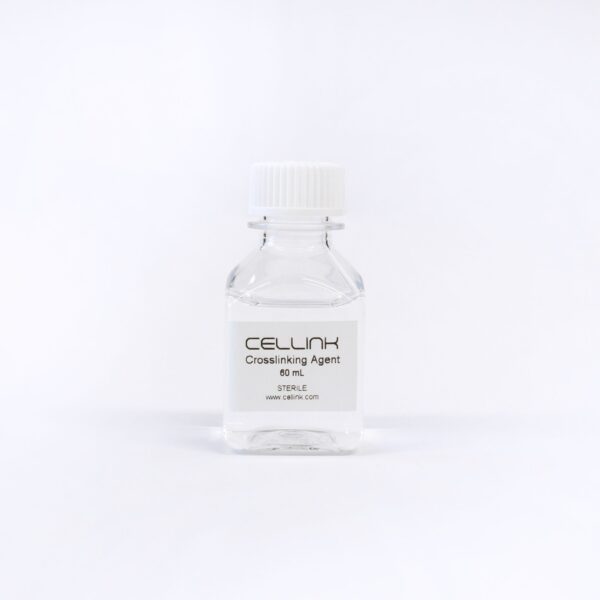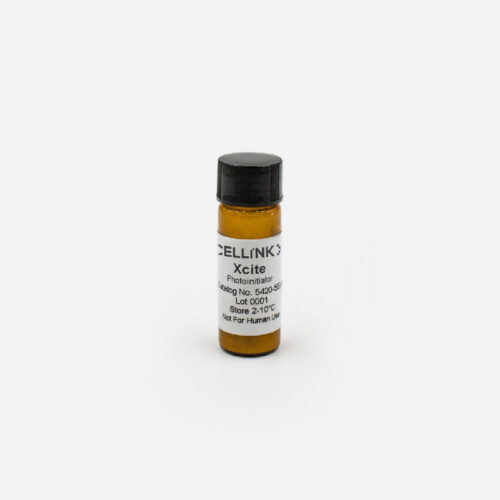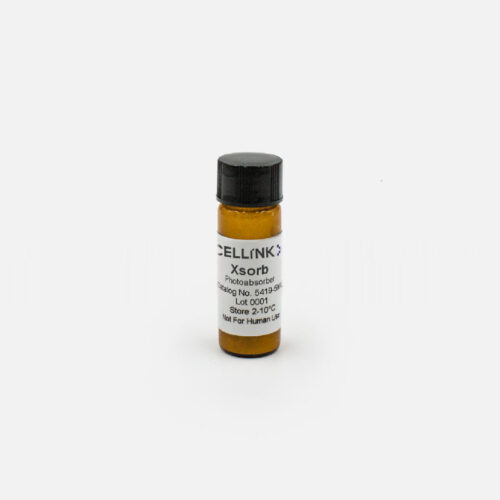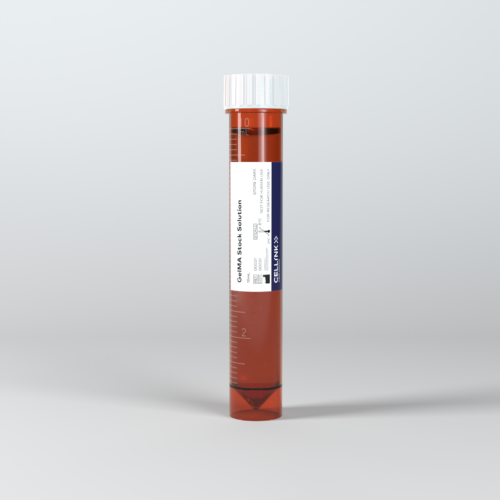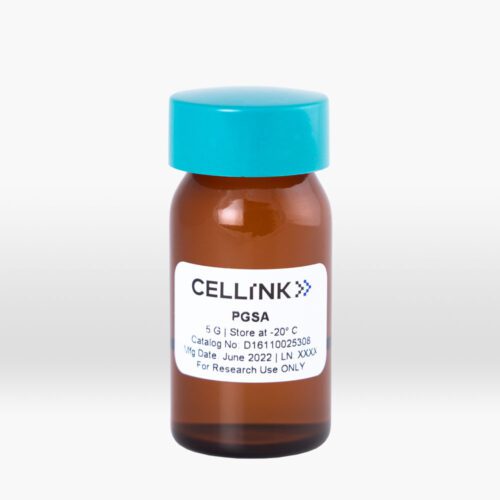Links to Training Material: VTU – Visualizing Engineering
A 40-Days Online Train-the-Trainers program was conducted to provide hands-on training to teaching faculties of VTU and affiliated engineering colleges. Following software applications pertaining to certain mechanical-oriented subjects were covered.
The tutorial document and input files used to conduct the training is available in the following links. The recording of the training is also available in the link of particular days as per given below.
| Day-01 2nd-Aug-2021 |
Day-02 3rd-Aug-2021 |
Day-03 4th-Aug-2021 |
Day-04 5th-Aug-2021 |
Day-05 6th-Aug-2021 |
| Day-06 9th-Aug-2021 |
Day-07 10th-Aug-2021 |
Day-08 11th-Aug-2021 |
Day-09 12th-Aug-2021 |
Day-10 13th-Aug-2021 |
| Day-11 16th-Aug-2021 |
Day-12 17th-Aug-2021 |
Day-13 18th-Aug-2021 |
Day-14 19th-Aug-2021 |
Day-15 23rd-Aug-2021 |
| Day-16 24th-Aug-2021 |
Day-17 25th-Aug-2021 |
Day-18 26th-Aug-2021 |
Day-19 27th-Aug-2021 |
Day-20 31st-Aug-2021 |
| Day-21 3rd-Sep-2021 |
Day-22 6th-Sep-2021 |
Day-23 7th-Sep-2021 |
Day-24 8th-Sep-2021 |
Day-25 13th-Sep-2021 |
| Day-26 14th-Sep-2021 |
Day-27 15th-Sep-2021 |
Day-28 16th-Sep-2021 |
Day-29 18th-Sep-2021 |
Day-30 20th-Sep-2021 |
| Day-31 21st-Sep-2021 |
Day-32 22nd-Sep-2021 |
Day-33 23rd-Sep-2021 |
Day-34 24th-Sep-2021 |
Day-35 27th-Sep-2021 |
| Day-36 28th-Sep-2021 |
Day-37 29th-Sep-2021 |
Day-38 30th-Sept-2021 |
Day-39 1st-Oct-2021 |
Day-40 4th-Oct-2021 |
- Software: MSC Apex; Applicable Subjects:
- Mechanics of Materials
- Finite Element Methods
Unified CAE Environment for Virtual Product Development
MSC Apex is a CAE specific direct modeling and meshing solution that streamlines CAD clean-up, simplification (defeaturing) and meshing workflow
MSC Apex is designed to have multi-purpose tools to make the application easy to use. It also features numerous learning aids such as tutorials, video-based documentation, workflow, and at-mouse instructions which makes it easy-to-learn, promotes quick adoption and productivity.
MSC Apex packages a user interface for scenario definition and results post-processing, as well as integrated solver methods. This solution is unique in that it combines computational parts and assemblies technology with a generative framework, which enables interactive and incremental analysis.
- Software: MSC Adams; Applicable Subjects:
- Basics of Multi Body Dynamics
- Kinematics of Machines
- Dynamics of Machines
- Automotive Engineering
Simulation of Multi-Body Dynamics for Mechanical Designs
Adams is the world’s most popular and most widely used Multibody Dynamics (MBD) software. Adams improves engineering efficiency and reduces product development costs by enabling early system-level design validation. Engineers can evaluate and manage the complex interactions between disciplines including motion, structures, actuation, and controls to better optimize product designs for performance, safety, and comfort. Along with extensive analysis capabilities, Adams is optimized for large-scale problems, taking advantage of high-performance computing environments.
Adams View is an integrated user interface to help build, analyze and post-process functional virtual prototype models with ease. Designed with a focus on system level analysis, Adams View lets you build models of mechanical systems and simulate the full-motion behavior.
Adams Solver is a powerful numerical analysis application. It automatically solves the equations of motion for kinematic, static, quasi-static, and dynamic simulations. It is designed to build, test, and refine mechanical system models.
Adams Machinery is an analysis software package that is specifically focused on machine design. It allows the user to build functional virtual prototypes from typical machinery components such as Gears, Belts/Cables-Pulleys, Chain-Sprocket, Bearings, Electric Motors, Cams, to predict system dynamic responses.
- Software: Adams Car; Applicable Subjects:
- Automotive Engineering
Simulation of Multi-Body Dynamics for Vehicle Design and Testing
With Adams Car, engineering teams can quickly build and test functional virtual prototypes of complete vehicles and vehicle subsystems. This helps cut time, cost, and risk in vehicle development and improves the quality of the new vehicle designs. Working in the Adams Car simulation environment, automotive engineering teams can exercise their vehicle designs under various road conditions, performing the same tests they normally run in a test lab or on a test track, but in a fraction of the time.
- Software: MSC Nastran and Patran; Applicable Subjects:
- Computer Aided Modeling and Analysis
- Mechanical Vibrations
MSC Nastran
Solver for Multidisciplinary Structural Analysis
With over 50 years of real-world experience in structural FEA, MSC Nastran is by far the industry standard for structural analysis simulation
MSC Nastran is a multidisciplinary structural analysis application used by engineers to perform static, dynamic, and thermal analysis across the linear and nonlinear domains, complemented with automated structural optimization and award-winning embedded fatigue analysis technologies, all enabled by high performance computing.
Patran
Complete FEA Modeling and Post-Processing Solution
Patran is a comprehensive pre and post-processing environment for FEA analysis. It provides a rich set of tools that streamline the creation of analysis ready models for linear, nonlinear, explicit dynamics, thermal, and other finite element solutions. From geometry cleanup tools that make it easy for engineers to deal with gaps and slivers in CAD, to solid modeling tools that enable creation of models from scratch, Patran makes it easy for anyone to create FE models. Meshes are easily created on surfaces and solids alike using fully automated meshing routines, manual methods that provide more control, or combinations of both. Finally, loads, boundary conditions, and analysis setup for most popular FE solvers is built in, minimizing the need to edit input decks.
- Software: MSC Fatigue and Patran; Applicable Subjects:
- Basics of Fatigue
- Design of Machine Elements
- Material Science
FE Based Durability Solution
MSC Fatigue is a FE-based durability and damage tolerance solver and is the only solution that can deal with the full range of fracture and fatigue life calculations for static and dynamic problems in both the time and frequency domain.
The advanced life estimation capability, MSC Fatigue allows users to perform comprehensive fatigue analysis with the same FE results that are used for stress analysis. MSC Fatigue enables durability engineers to predict quickly and accurately, how long products will last under any combination of time-dependent or frequency-dependent loading conditions. Benefits include reduced prototype testing, fewer product recalls, lower warranty costs, and increased confidence that your product designs will pass required test schedules.
- Software: Marc; Applicable Subjects:
- Structural Non-Linear Analysis
- Design of Machine Elements
- Theory of Elasticity
- Theory of Plasticity
Solution for Advanced Nonlinear Simulation
Marc is a powerful, general-purpose, nonlinear finite element analysis solution to accurately simulate the product behavior under static, dynamic, and multi-physics loading scenarios. Marc’s versatility in modeling nonlinear material behaviors and transient environmental conditions makes it an ideal software application to solve complex design problems involving both metals as well non isotropic materials.
- Software: ScFlow; Applicable Subjects:
- Introduction to Computational Fluid Mechanics
- Fluid Mechanics and Machines
- Turbo Machinery
- Refrigeration and Air Conditioning
- Heat and Mass Transfer
- Gas Dynamics
New Generation CFD software with Advanced Multiphysics Capabilities
scFLOW is a next generation CFD tool that uses unstructured mesh to accurately represent complicated geometry. With Preprocessor that helps any level users generate high quality polyhedral mesh elements and construct complicated models, and Solver that ensures more stability and speed, scFLOW can solve aerospace and automotive aerodynamics, performance of fans, pumps and other rotating equipment, design problems of electronic devices, multiphase phenomena, marine propeller cavitation, and varied problems. Through co-simulation and chained simulations coupled with MSC Software Marc, Adams etc. more realistic coupling and multidisciplinary analyses with fluid, structure, acoustics, and multibody dynamics can be achieved.
- Software: Sinda; Applicable Subjects:
- Heat and Mass Transfer
Advanced Thermal Simulation Solution
MSC Sinda is a world class advanced thermal analyzer with a proven track record in the aerospace and high-tech arenas. MSC Sinda technology is well suited to solve large thermal problems that may include various materials and boundary conditions including nonlinearities. Iterative schemes make MSC Sinda more efficient in time and memory requirements than traditional finite element solvers.
MSC Software’s Sinda uses a conductor-capacitor network representation approach to thermal analysis that offers numerous benefits when solving thermal problems. Sinda goes beyond other solutions by also providing a powerful thermal programming language, enabling engineers to construct complex thermal scenarios that would otherwise be difficult or impossible with other analyzers.
With industry proven efficient solver technology, users can simulate complex thermal models that may include conduction, convection, advection, and radiation along with thermal contacts.
- Software: Easy5; Applicable Subjects:
- Control Engineering
Advanced 1D Systems & Controls Simulation
Engineering Productivity through Advanced Multi-Domain Modeling and Simulation
Dynamic systems (those systems whose behavior as a function of time is important) are typically defined using first-order differential or difference equations. Easy5 simplifies the construction and analysis of such systems with a graphical, schematic-based application. A comprehensive set of pre-packaged components, stored in application-specific libraries, simplify the assembly of a representative model and facilitate quick and accurate system simulation. Engineers work within a familiar schematic drawing paradigm to add and specify data connections between components in an intuitive, simple-to-use, multi-level hierarchical modeling environment.
- Software: Digimat; Applicable Subjects:
- Material Modelling
- Composite Materials
Nonlinear Multi-Scale Material and Structure Modeling Platform
Digimat technology provides design tools that give the user complete confidence in their composites products, thanks to an accurate description of the local composite behavior. Accurate material modeling allows to reduce the “factor of safety” – allowing composite materials to be used to 100% of their potential, maximizing their competitiveness against metal and leading to substantial weight reduction. Digimat tools integrate smoothly within the current FEA process, bridging the gap between manufacturing process and structural analysis.
- Software: Digimat AM; Applicable Subjects:
- Additive Manufacturing
Predictive Analysis for Additive Manufacturing
Digimat Additive Manufacturing (AM) is a holistic simulation chain for analysis of additive manufacturing process, providing the unique combination of material engineering, process simulation and structural engineering to bring efficiency and performance for 3DPrinting of polymers to the next level.
By applying multi-scale material modeling techniques to AM of polymers (unfilled and reinforced), Digimat virtual material compounding and characterization is a key enabler to developing new materials. Users can significantly reduce physical tests, understand key parameters driving the material behavior and easily create new material systems such as lightweight lattices, opening the door to even more innovative designs.
For Additive Manufacturing to make a successful transition to a standard production technique, dedicated design and engineering tools are required. By enabling as-manufactured part performance predictions – and therefore design optimization, integrative simulation is by accounting for the printing direction and the effects of defects, engineers are now able to perform accurate structural analyzes and bring more confidence in the design validation of Plastic and Composite parts.
- Software: Simufact Forming; Applicable Subjects:
- Manufacturing Technology
- Cold Forming, Hot Forging
Simulation Tool for Hands-on Forming Professionals
Simufact Forming covers the complete spectrum of forming technologies and guarantees a realistic portrayal of the processes with full 3D functionality and 3D representation of all the tools and parts. Accurate simulations are possible by capturing the key aspects that affect the processes
- Software: Simufact Welding; Applicable Subjects:
- Metal Arc Welding
- Spot Welding
Simulation of Complex Welding Processes
Simufact Welding helps simulate complex welding processes that may involve multiple welding sequences and predicts distortions of the components, while considering phase transformations occurring during the process. With Simufact Welding, users gain insight into the properties of the weld seam, and welding defects such as hot cracks, helping them to address problems prior to putting the process into use.
- Software: Simufact Additive; Applicable Subjects:
- Simulation of 3DPrinting Process for Metals and Alloys
Simulation for Distortion Prediction in Metal Additive Manufacturing
Simufact Additive is a powerful simulation environment for “right the first time” optimization of powder bed additive manufacturing processes (SLS, SLM, LBM, DMLS, EBM). Simufact Additive predicts the distortion and residual stresses in the part and guides the production engineer in how to compensate to ensure a quality part the first time. Process control variables may be selected to optimize the 3-D printing process to reduce time and waste.
